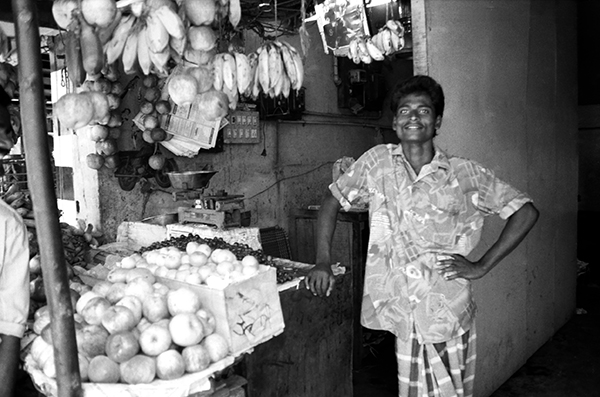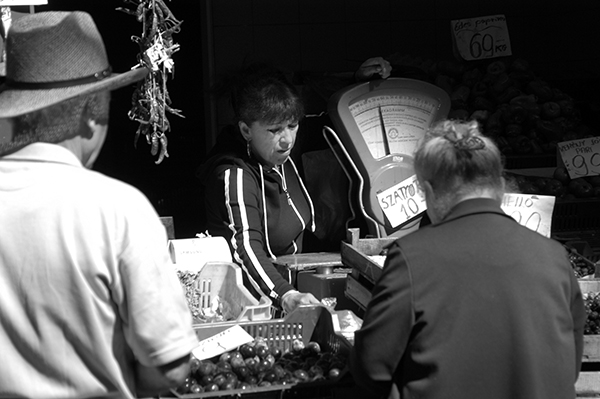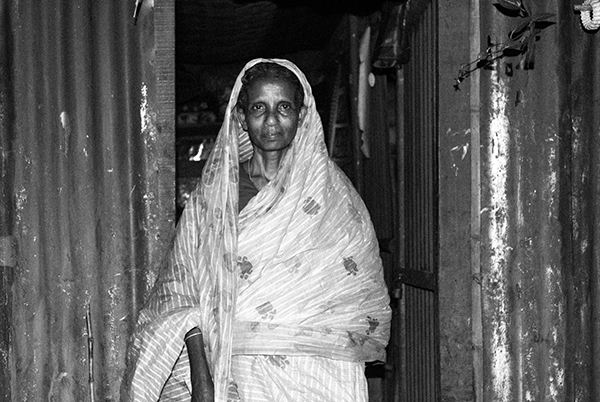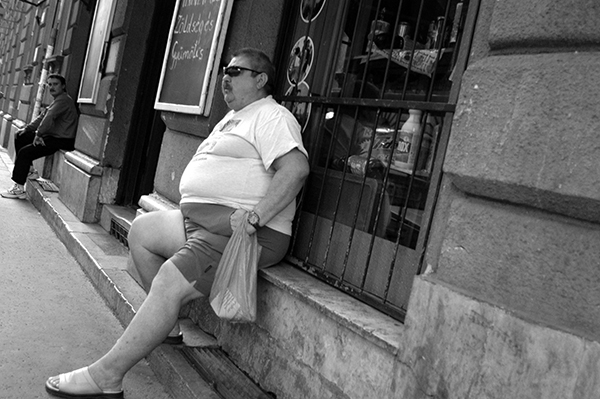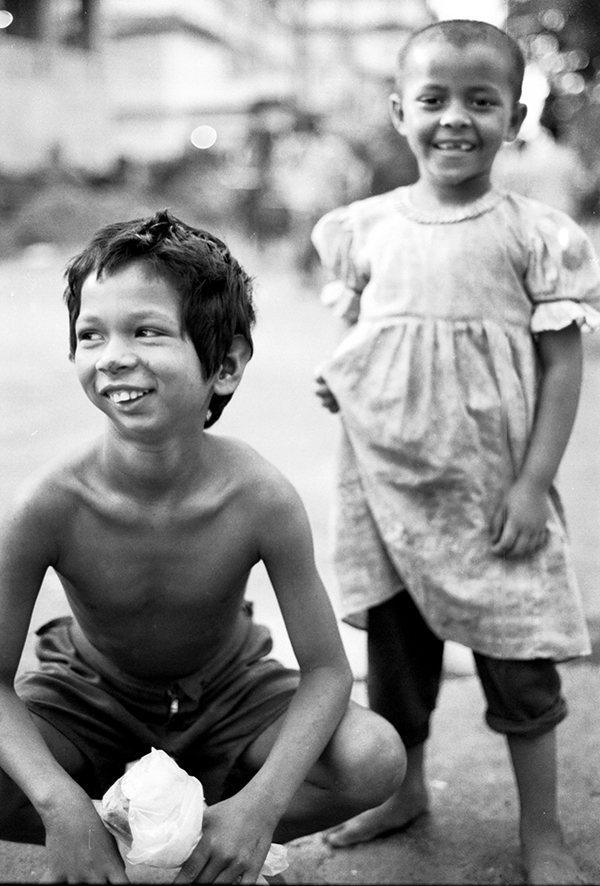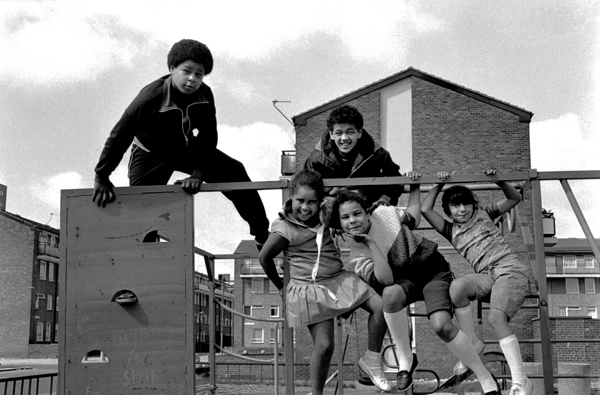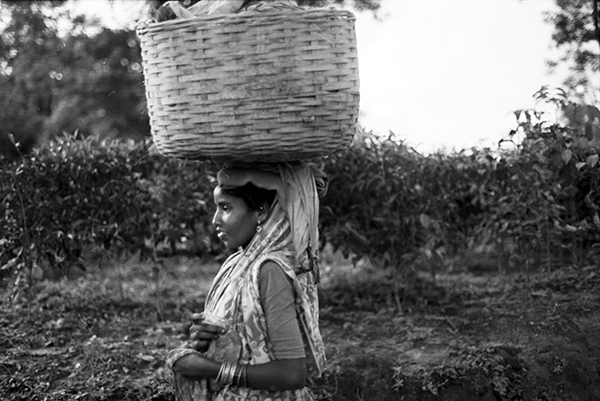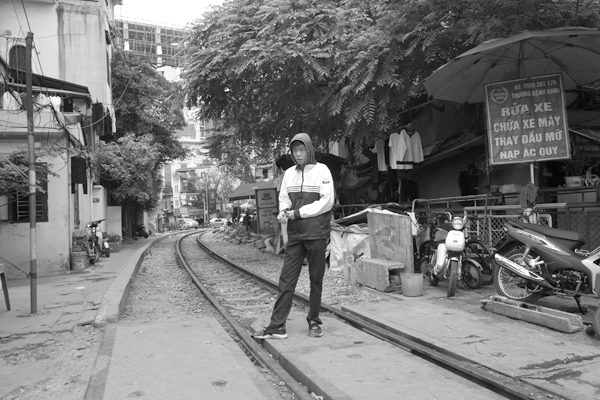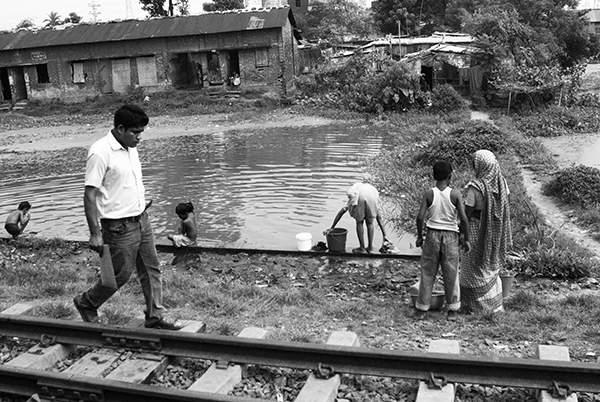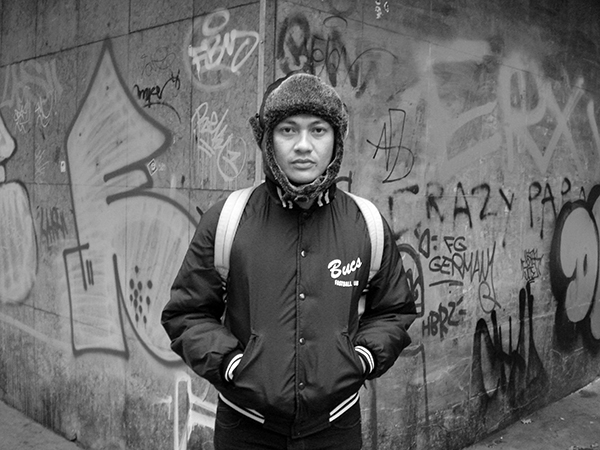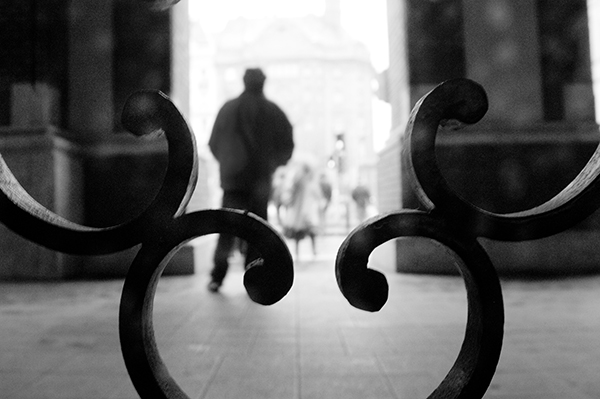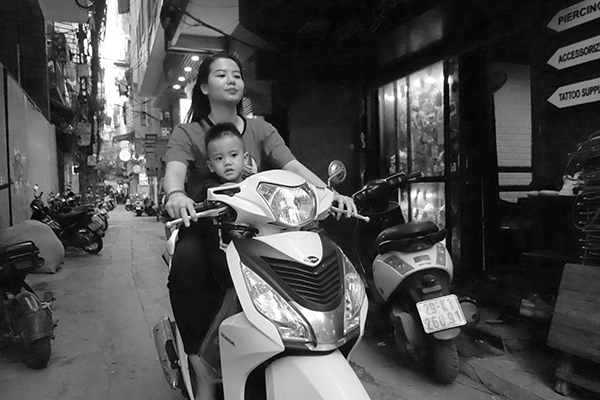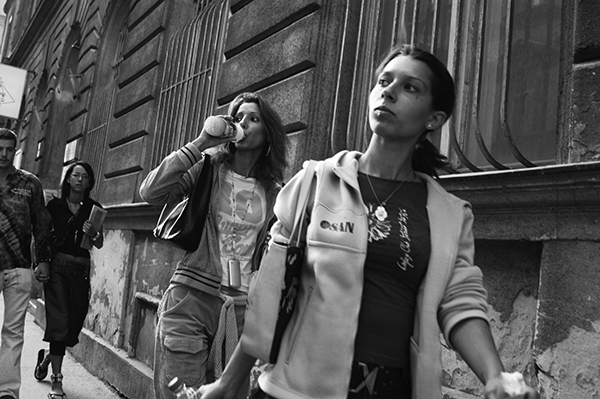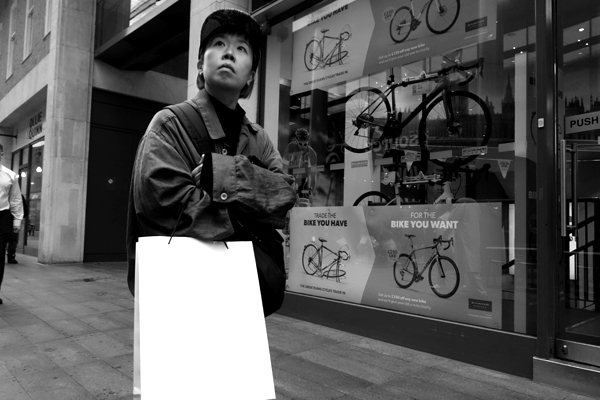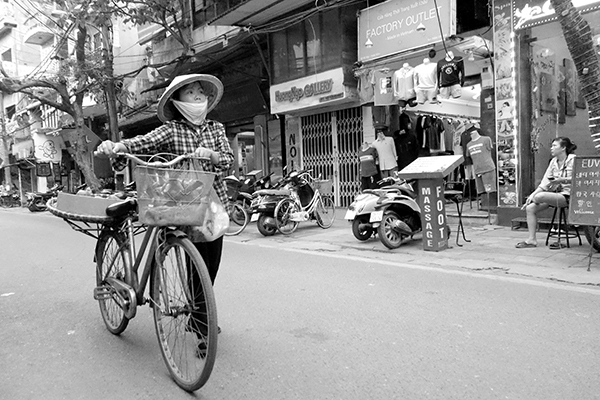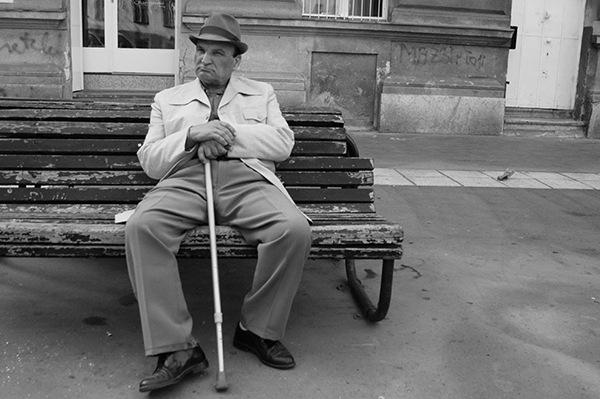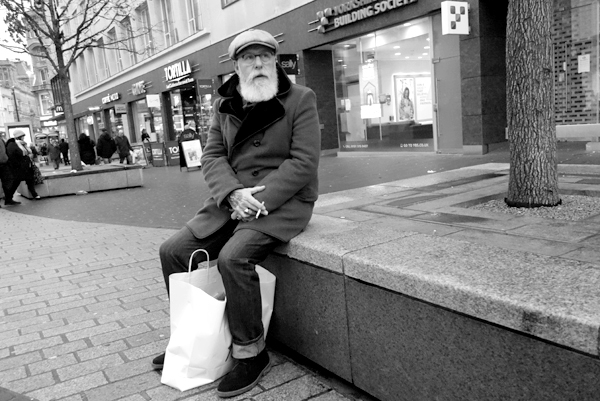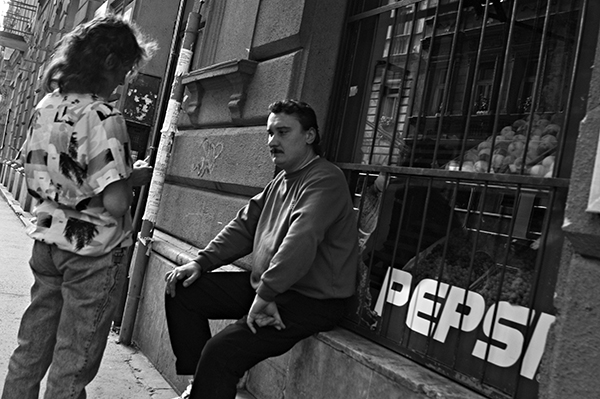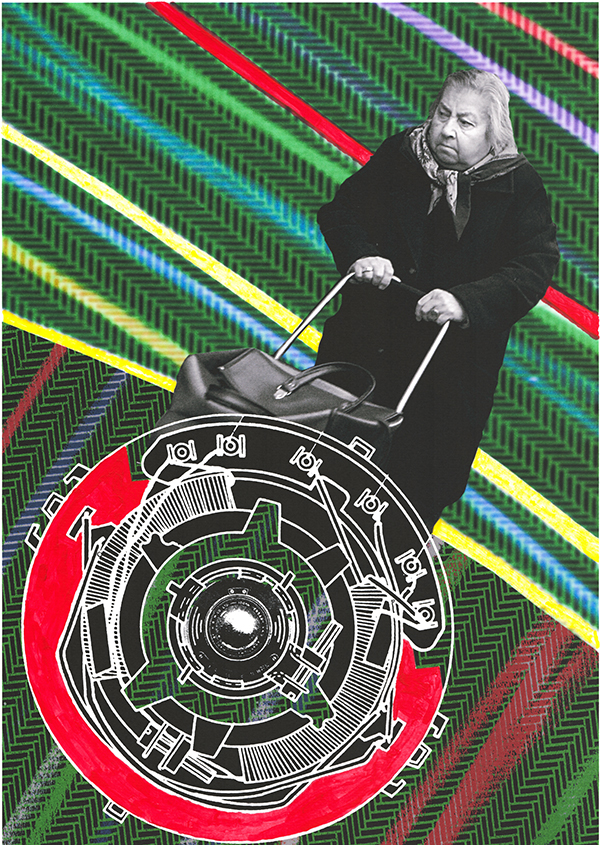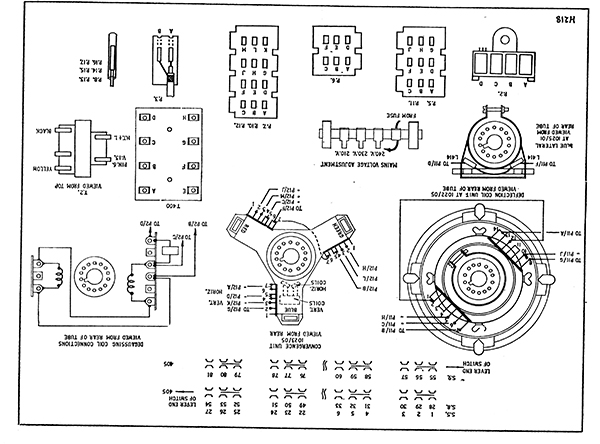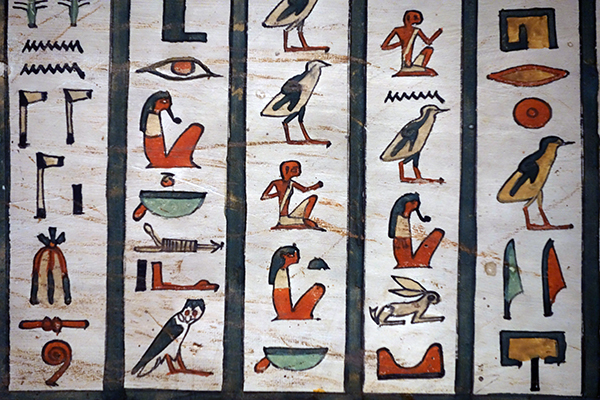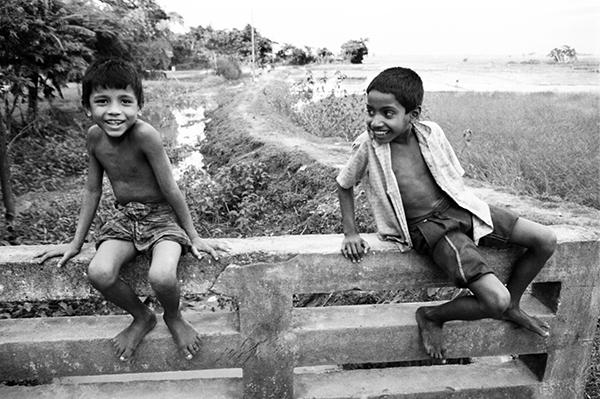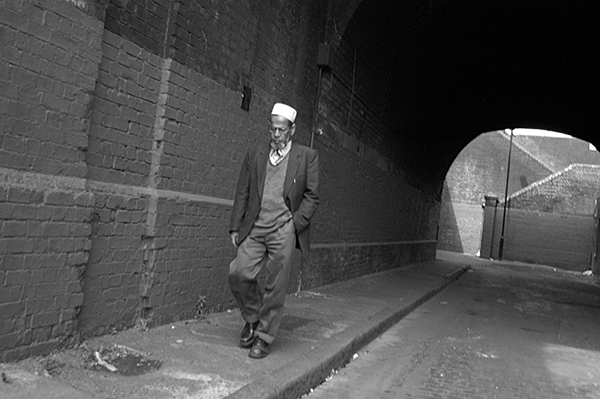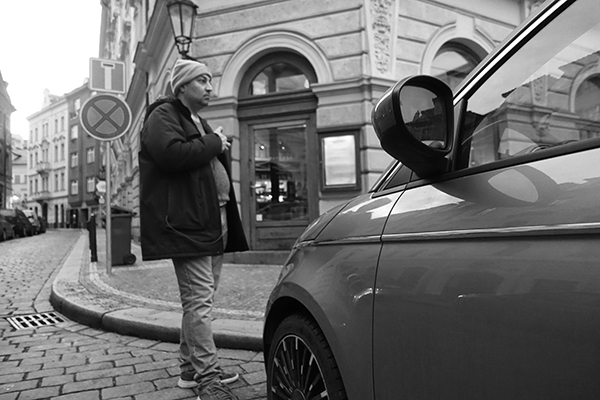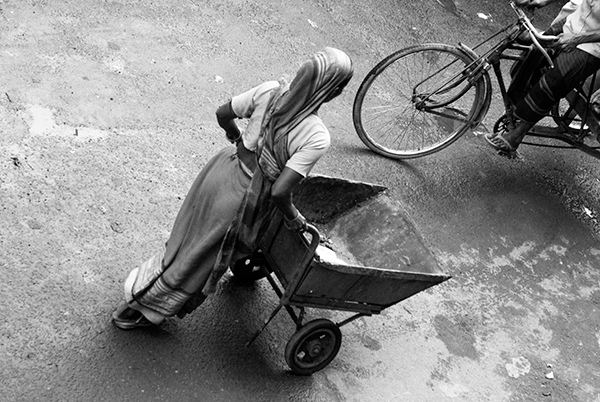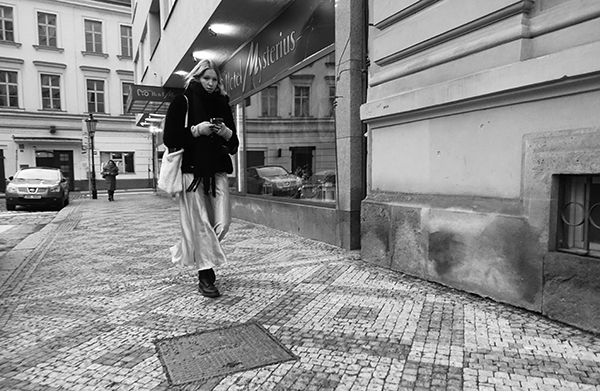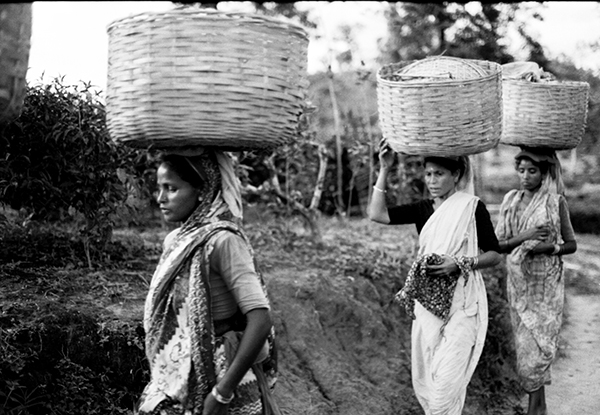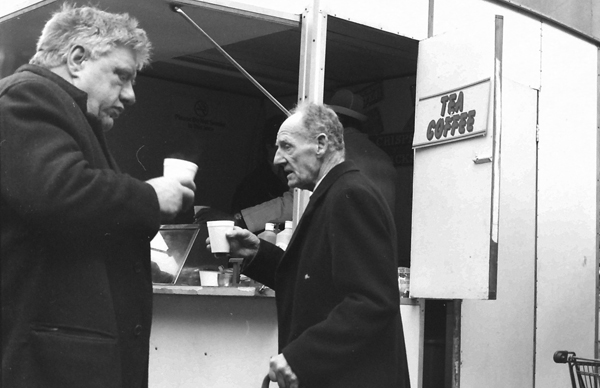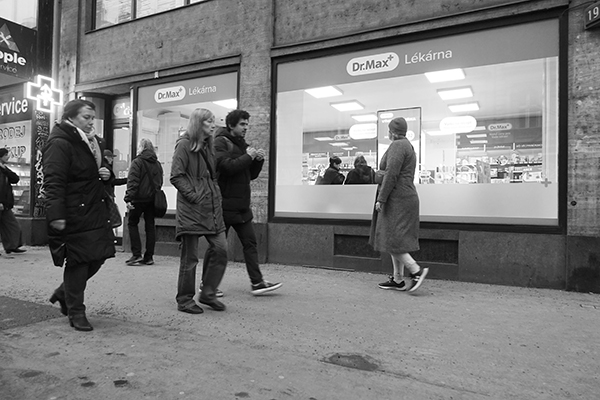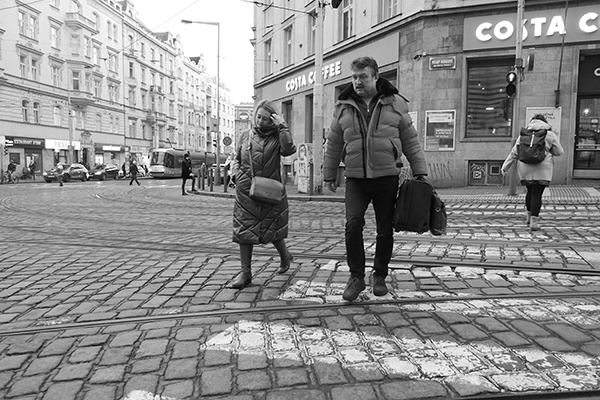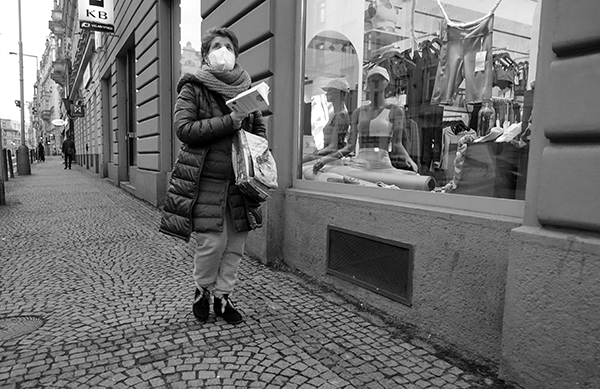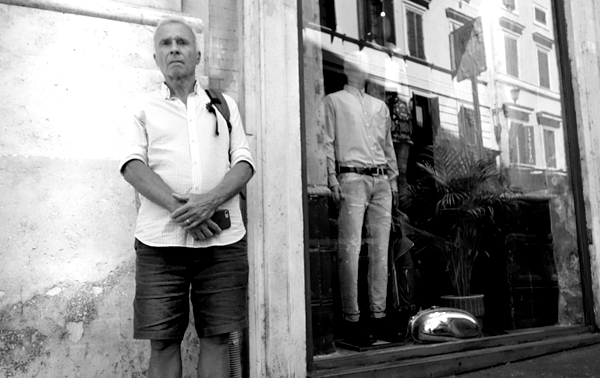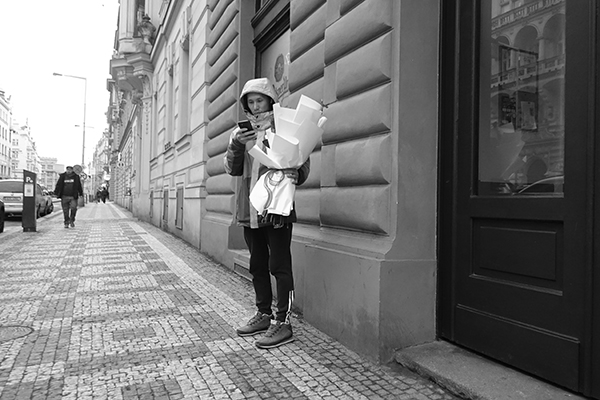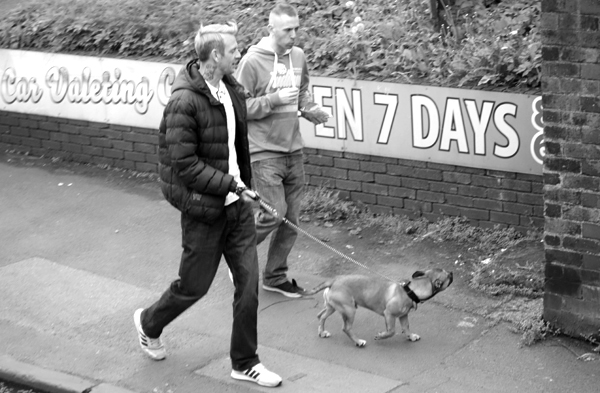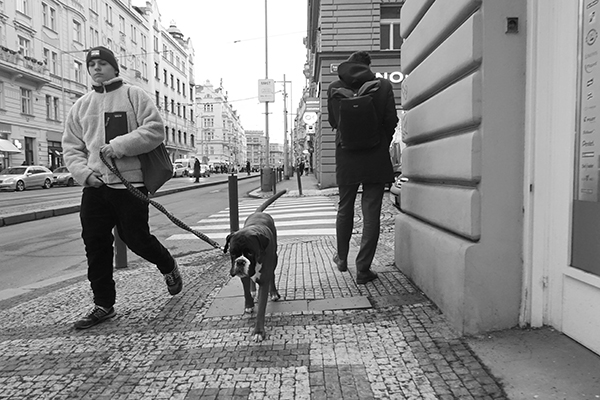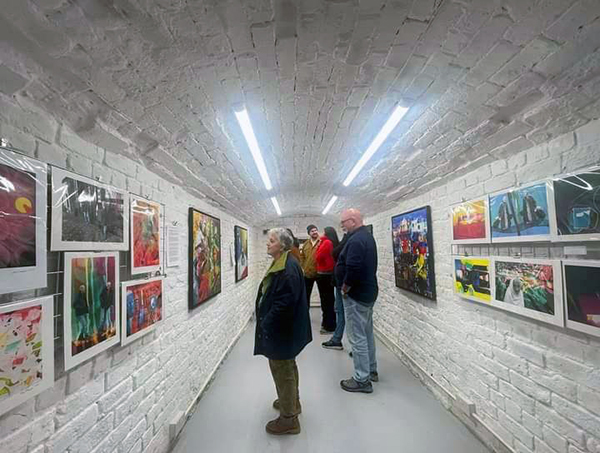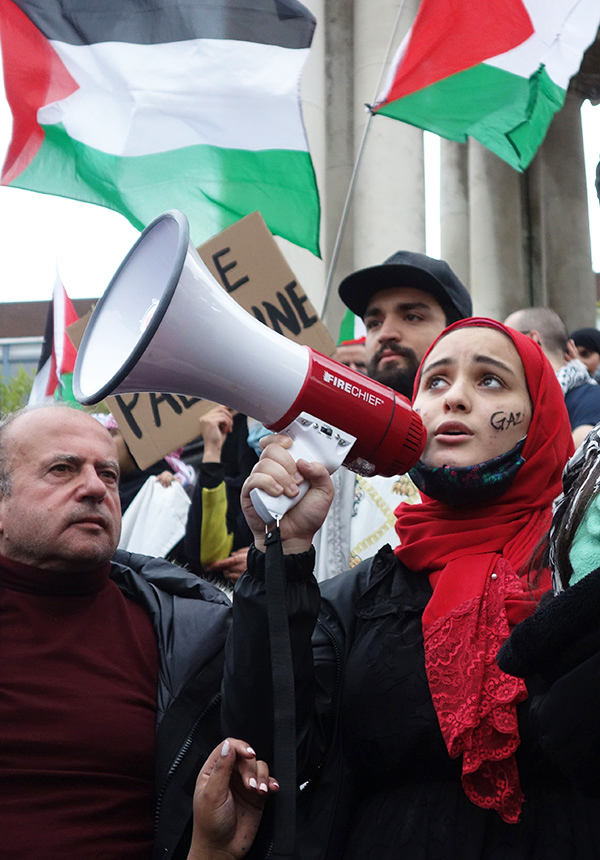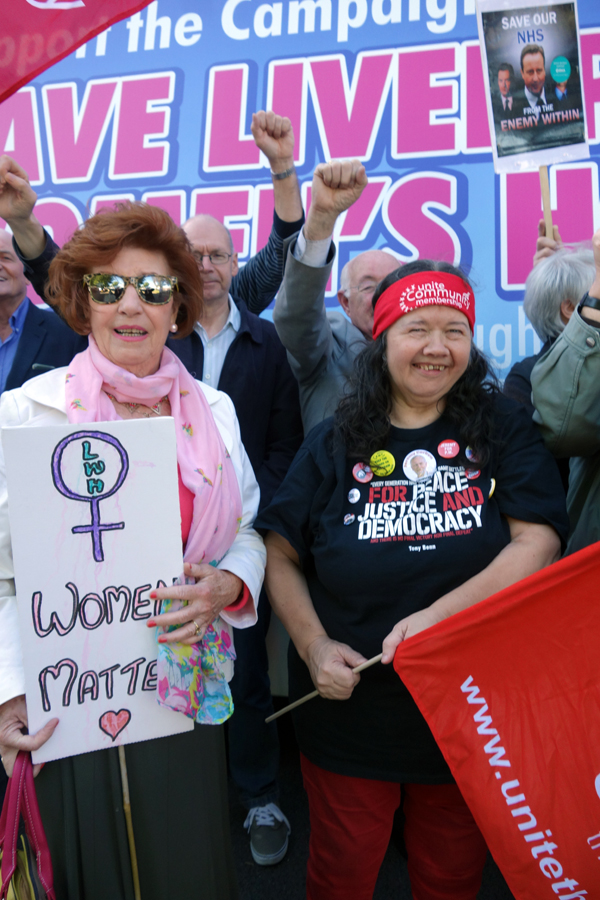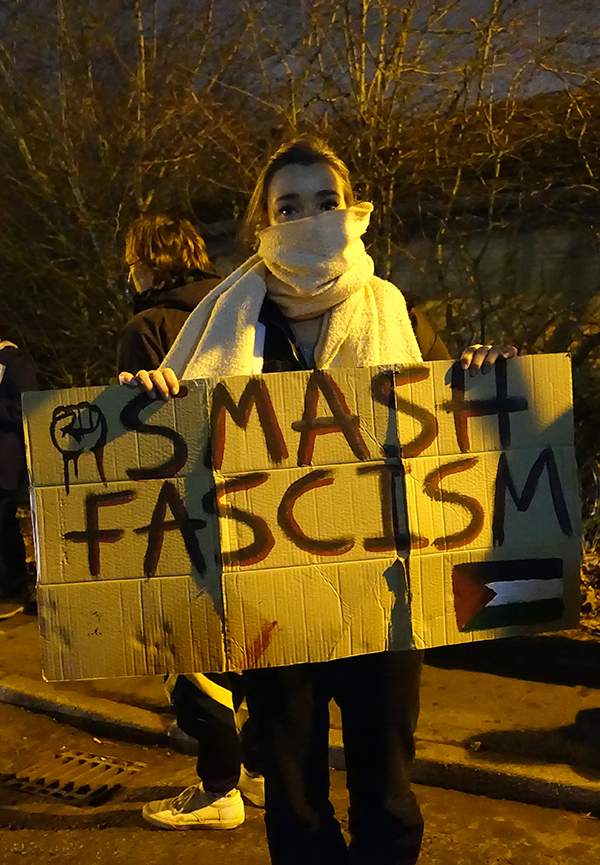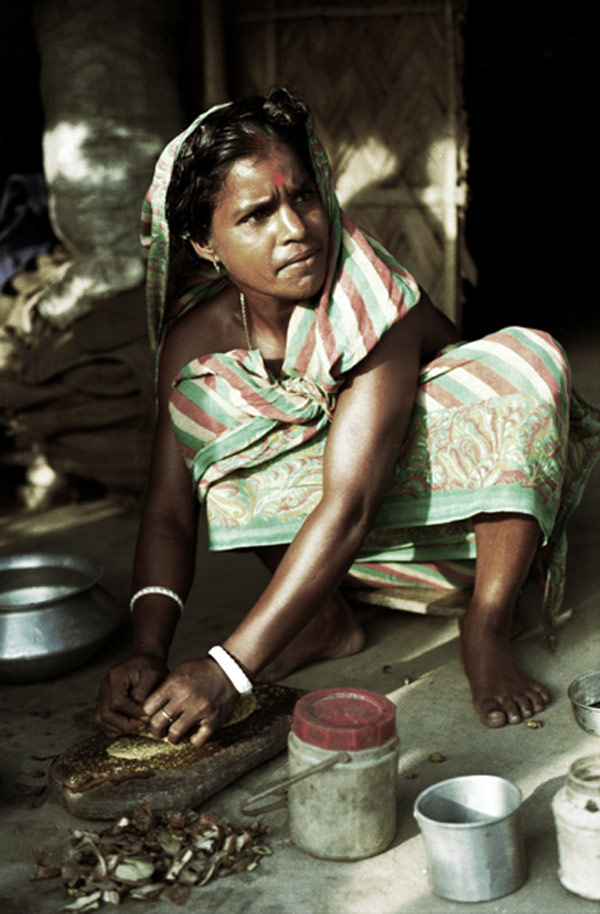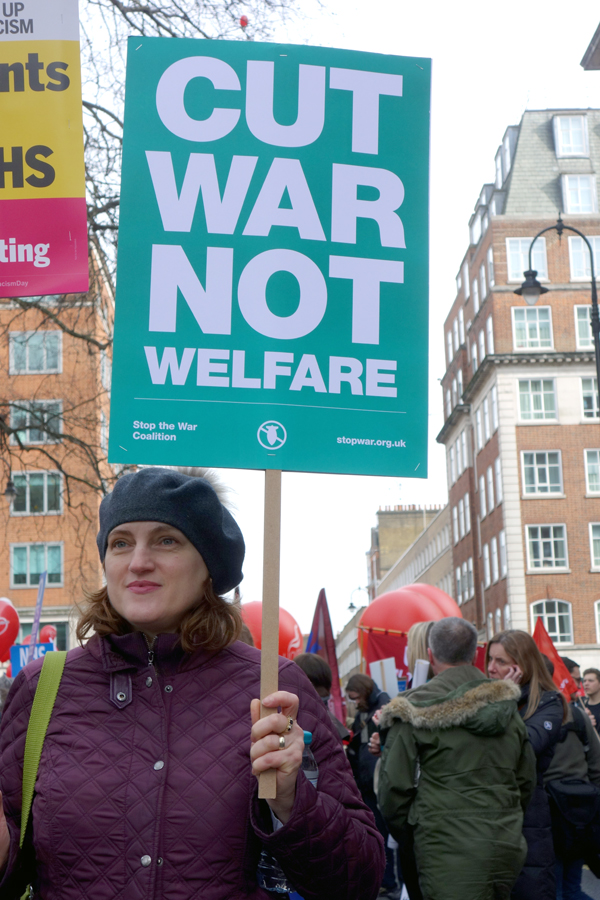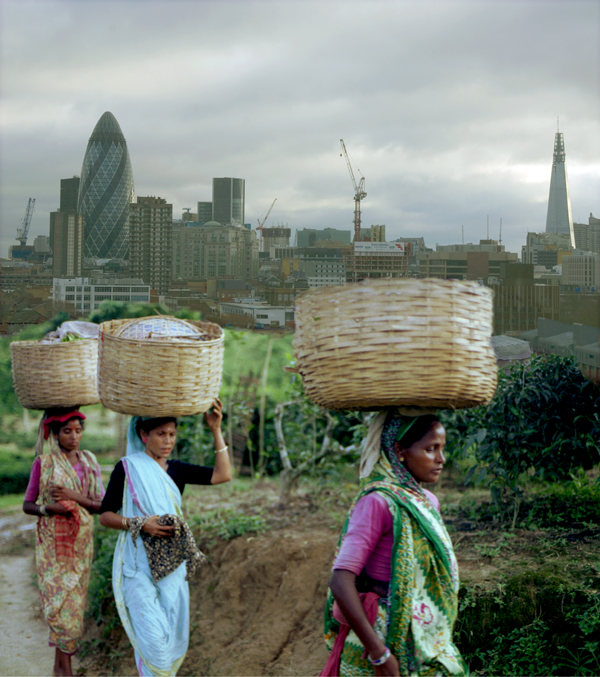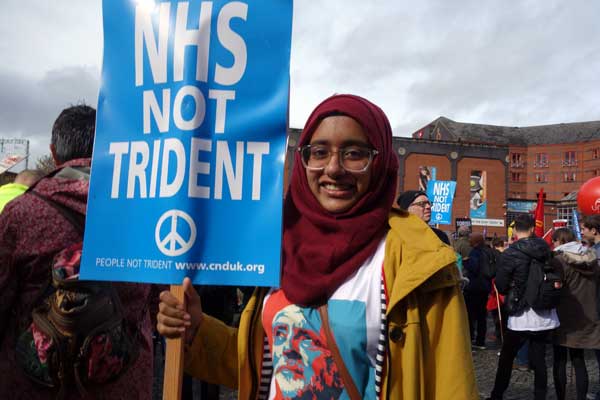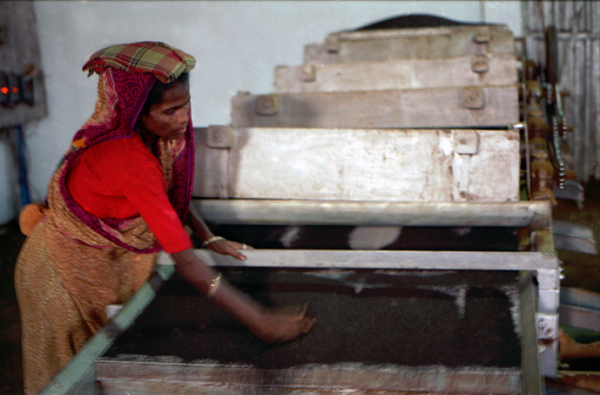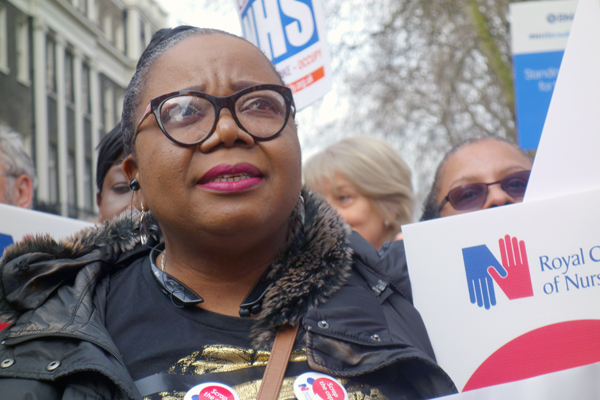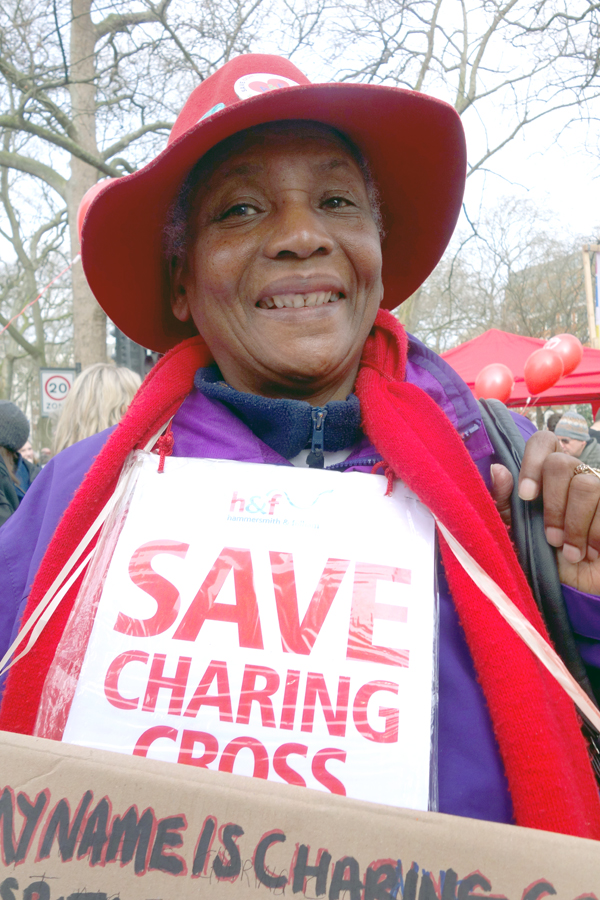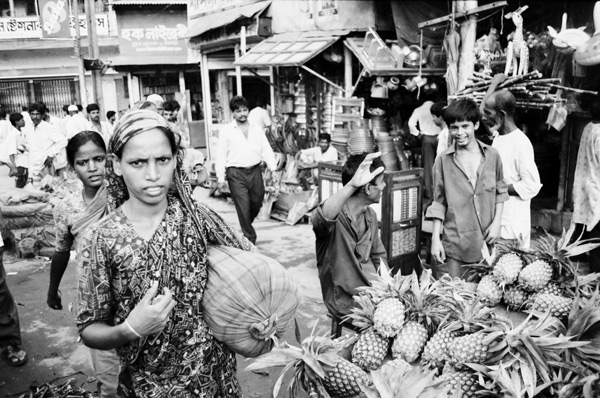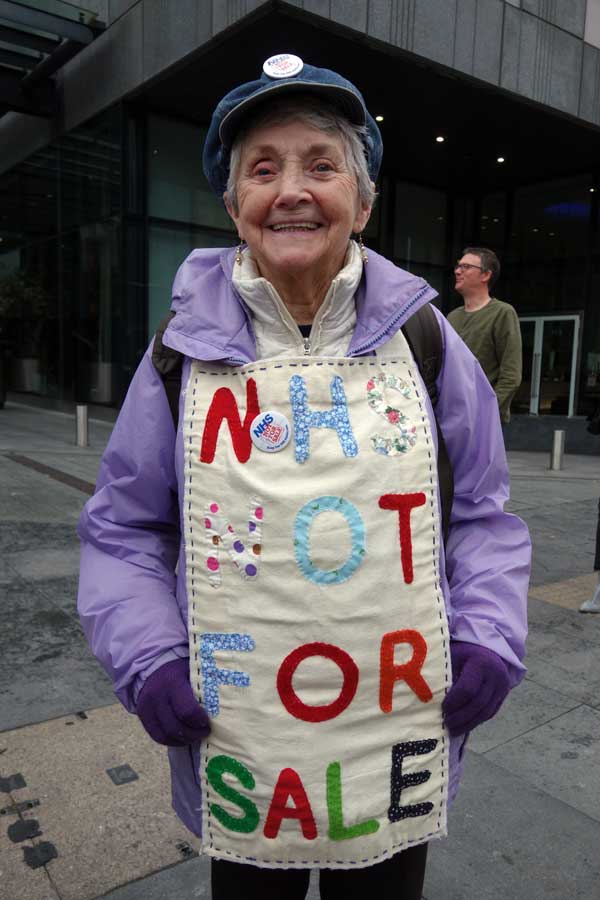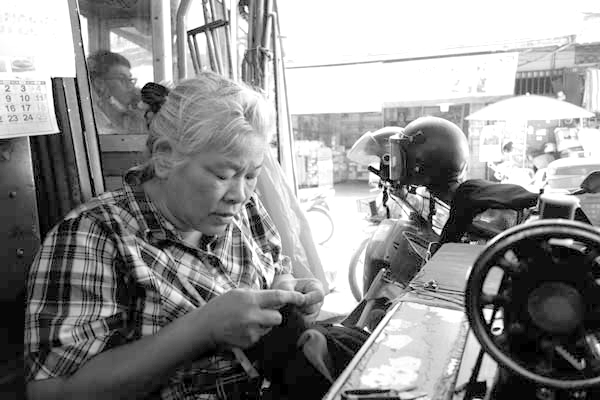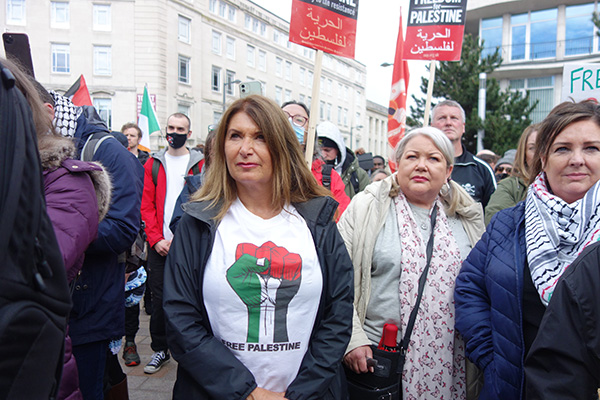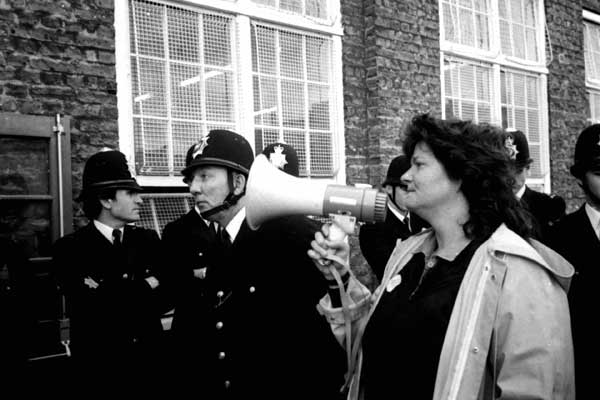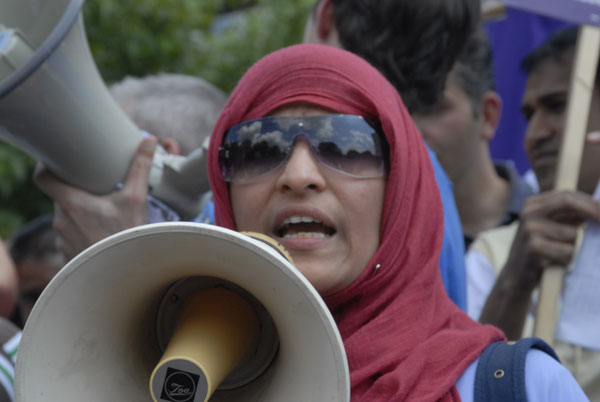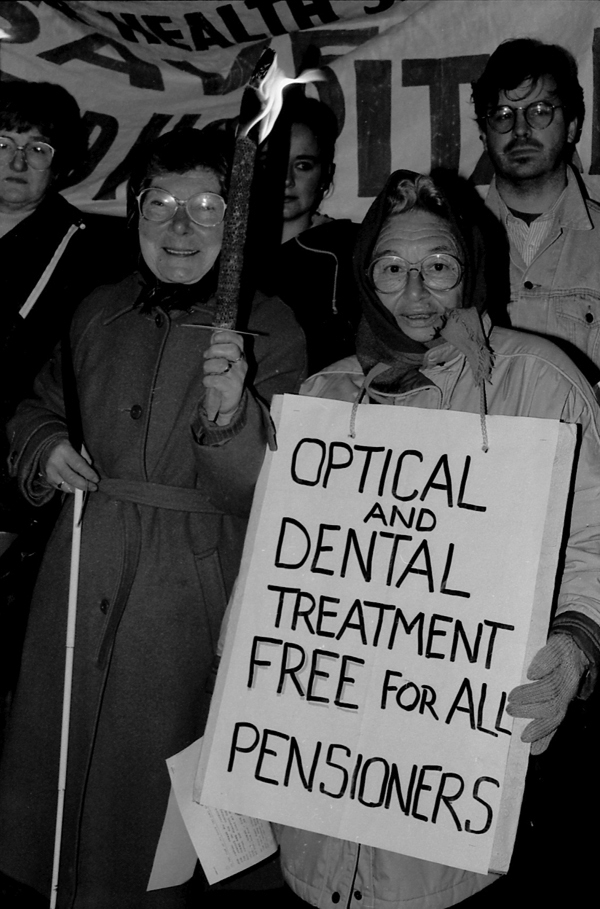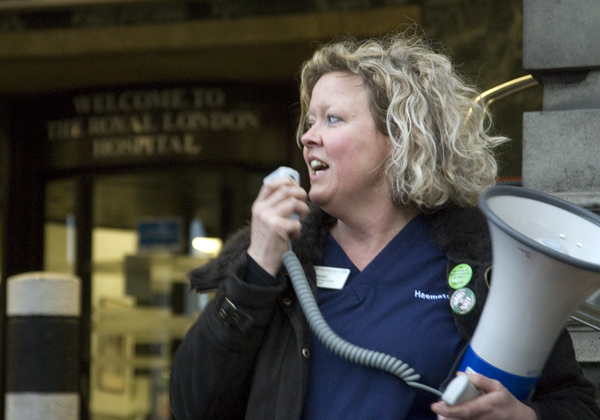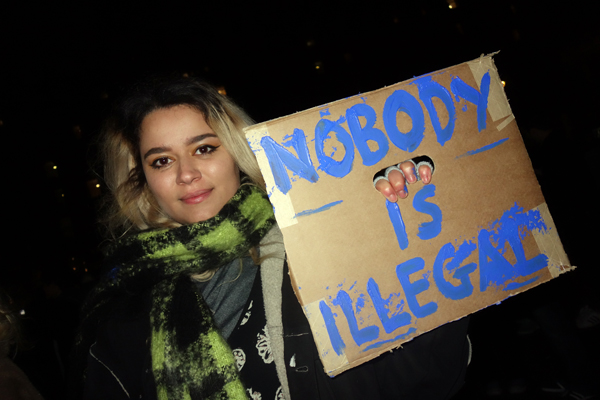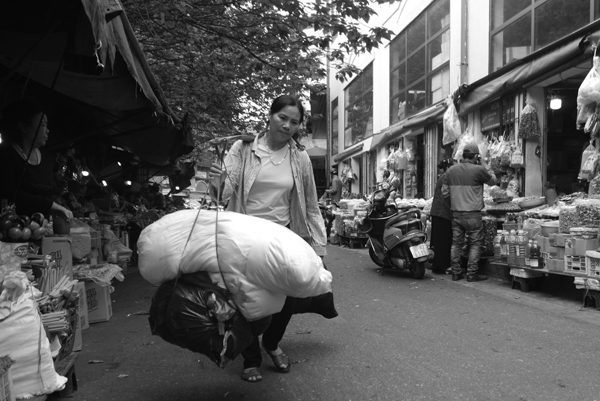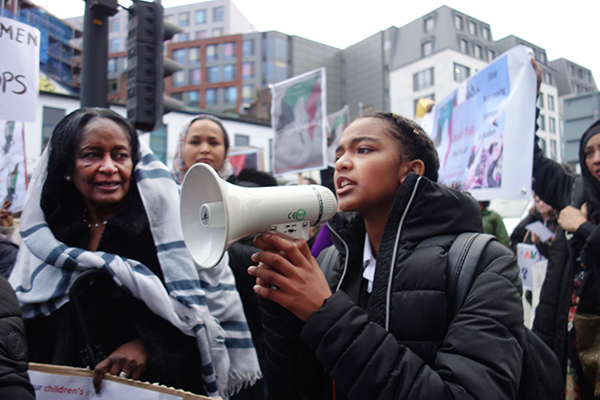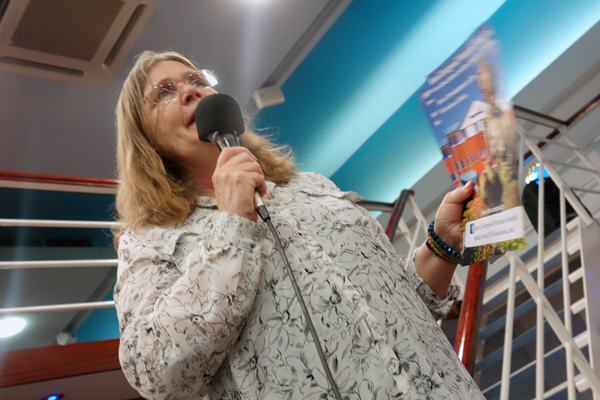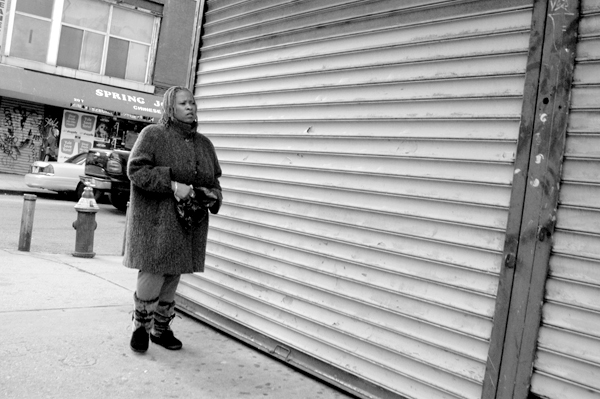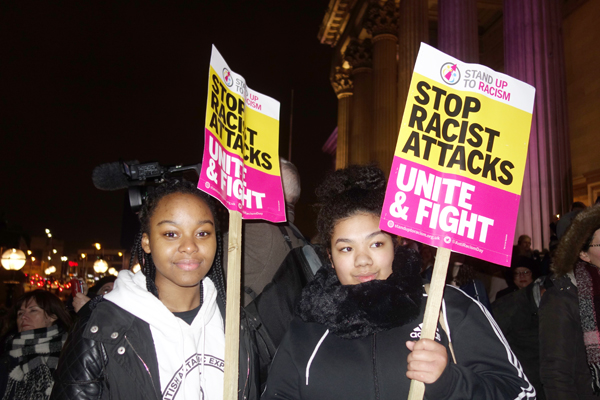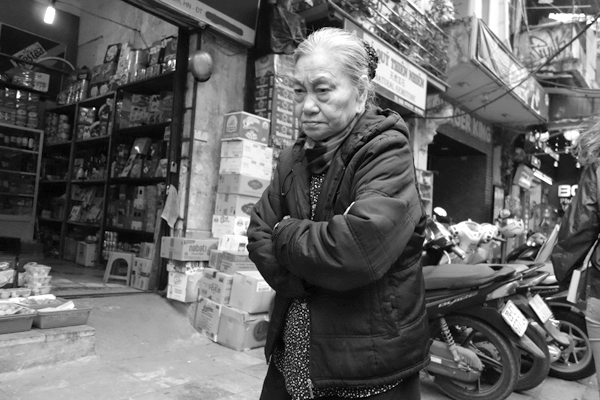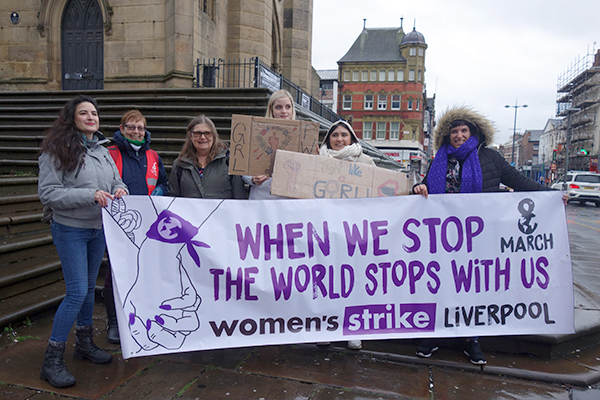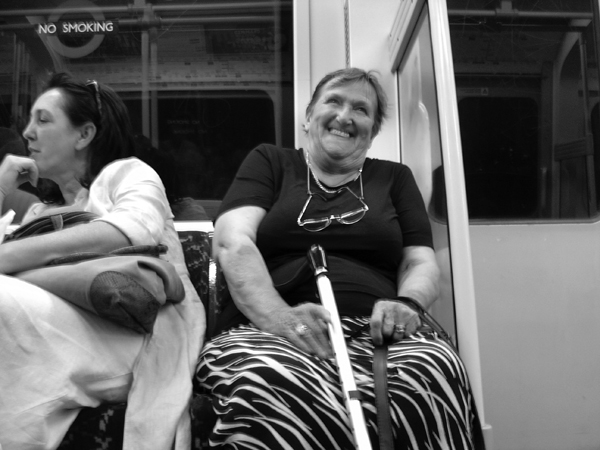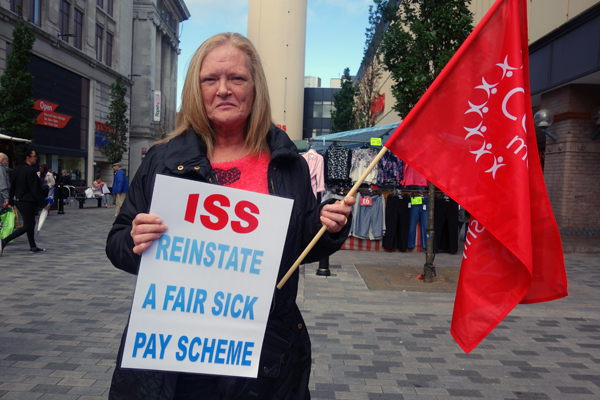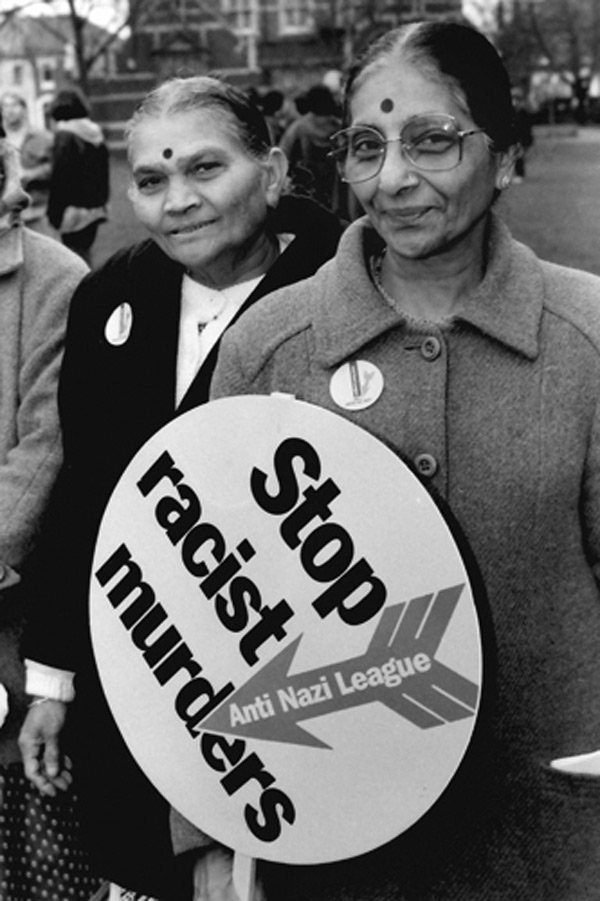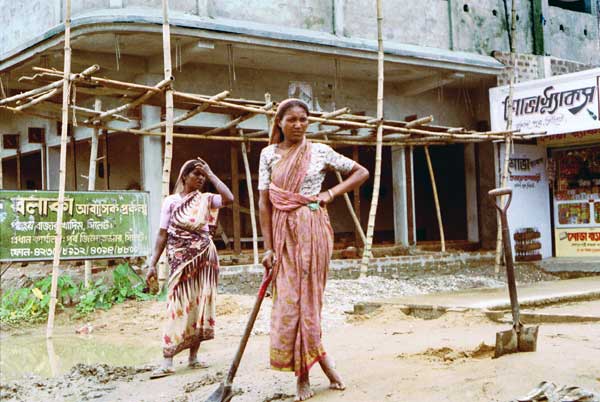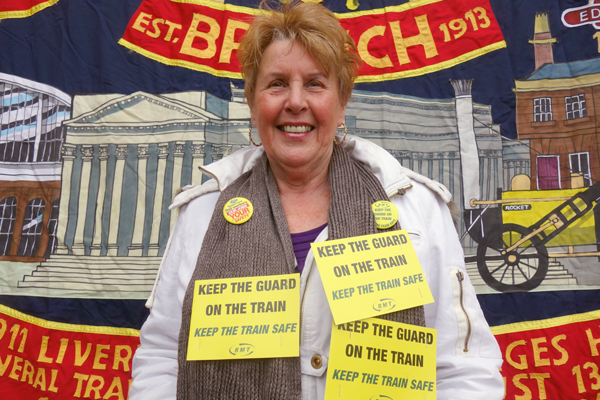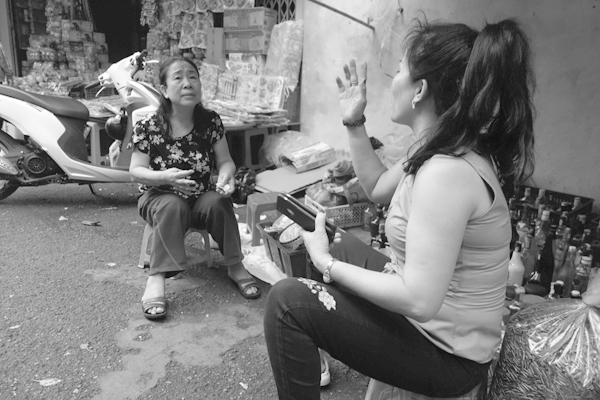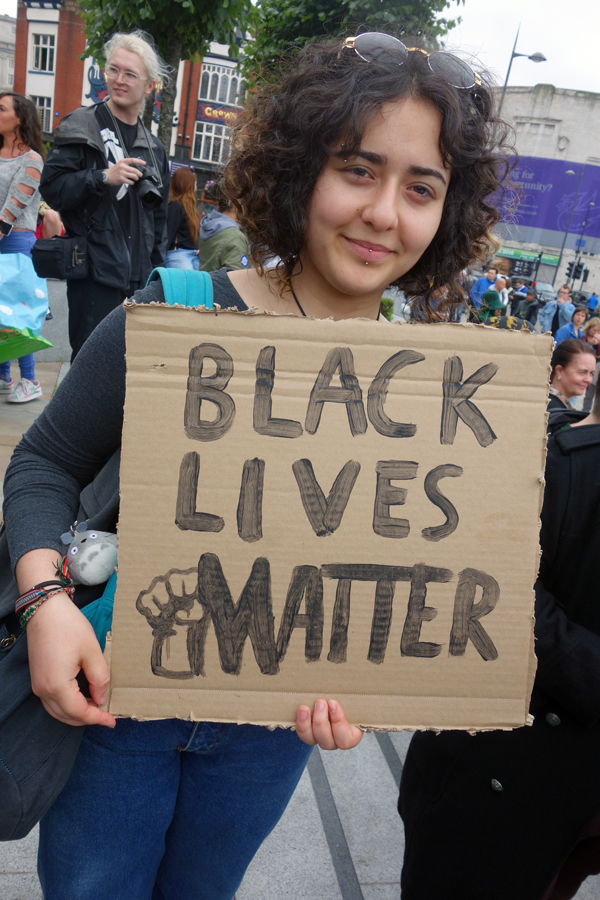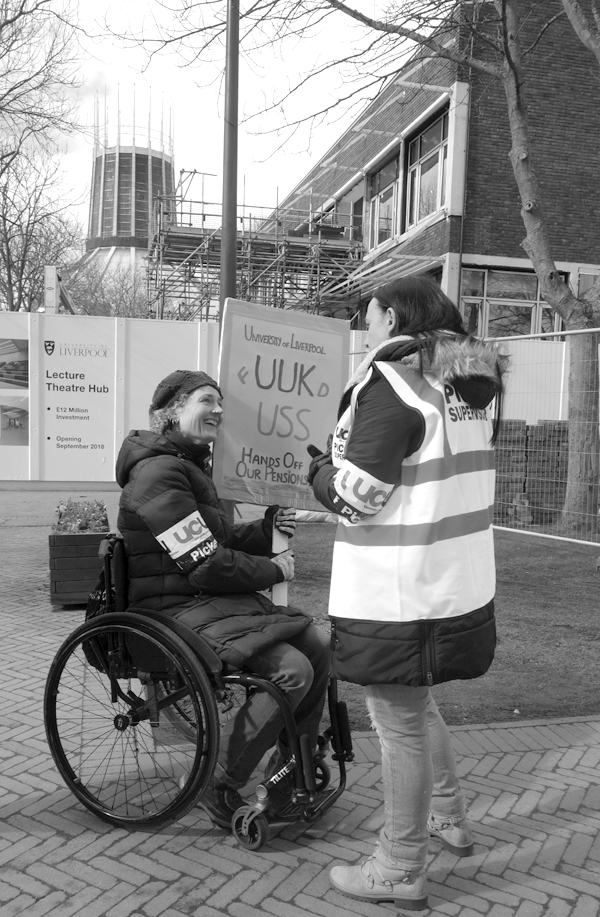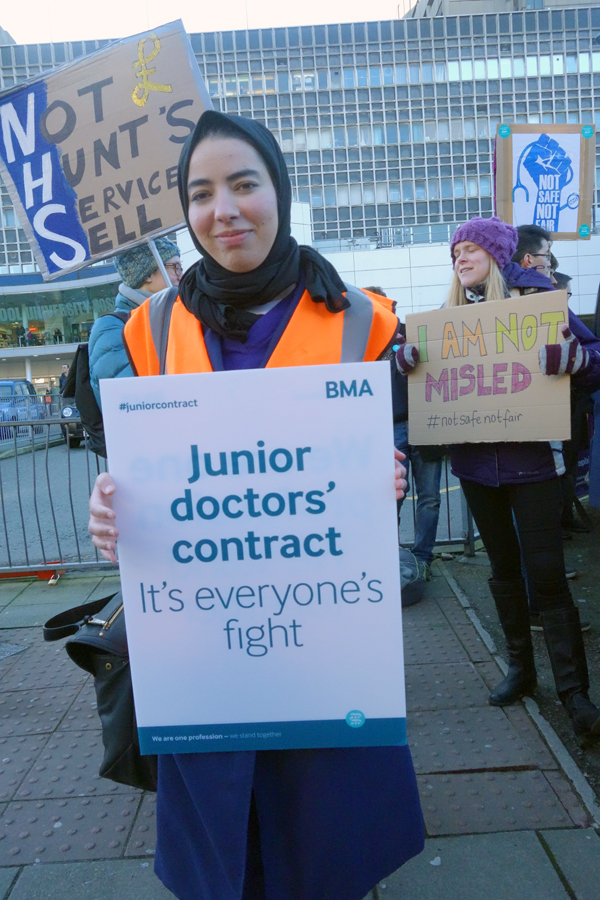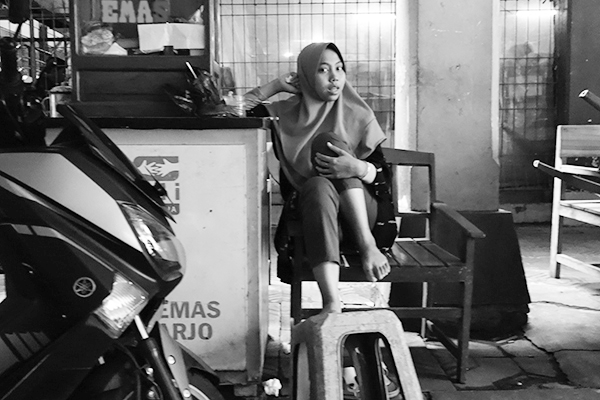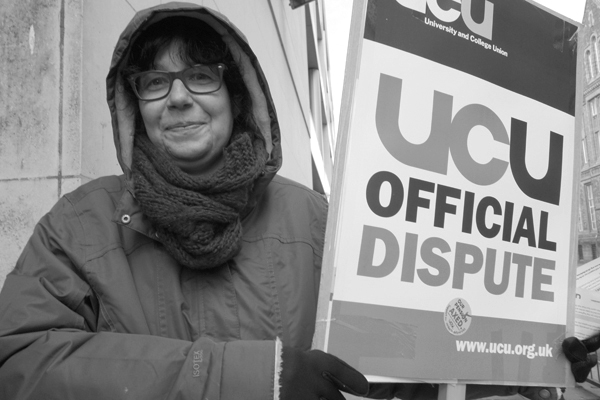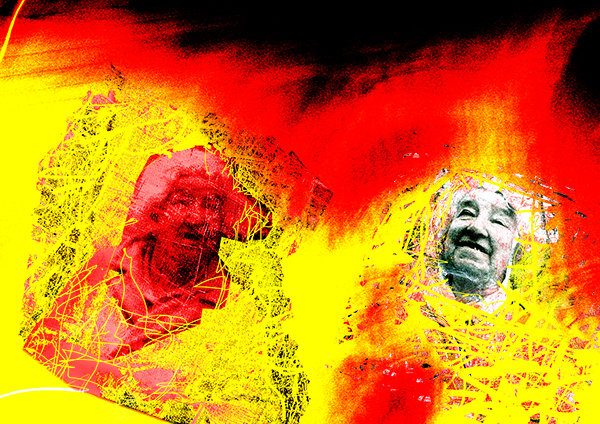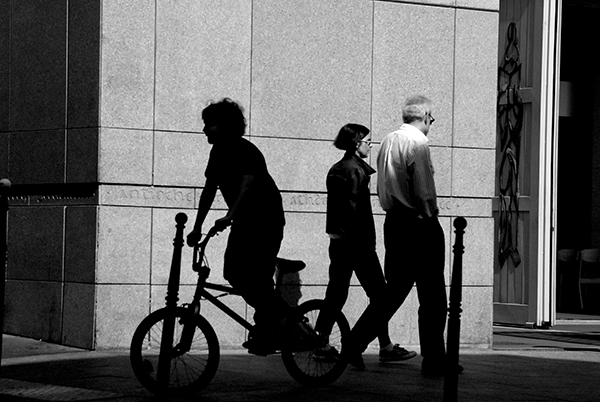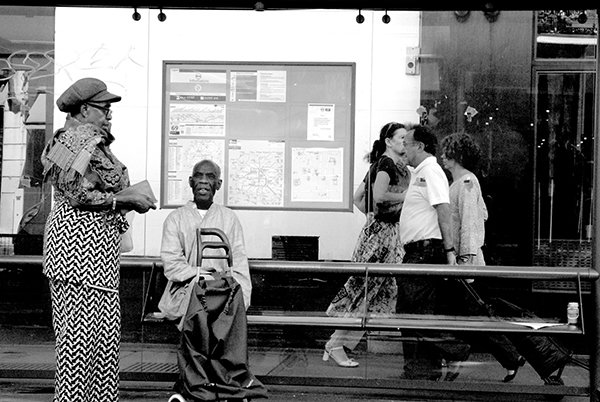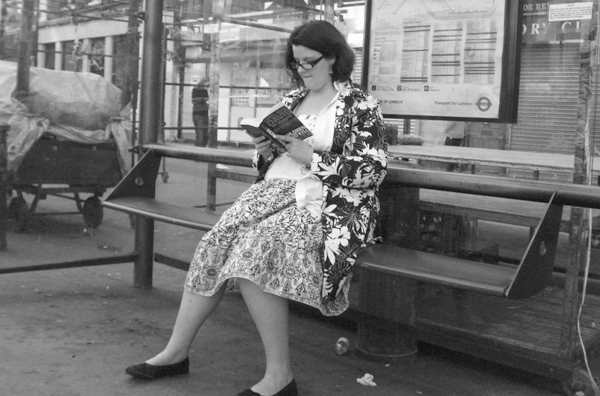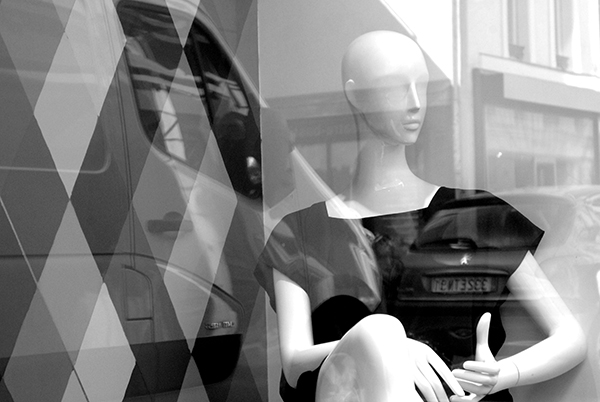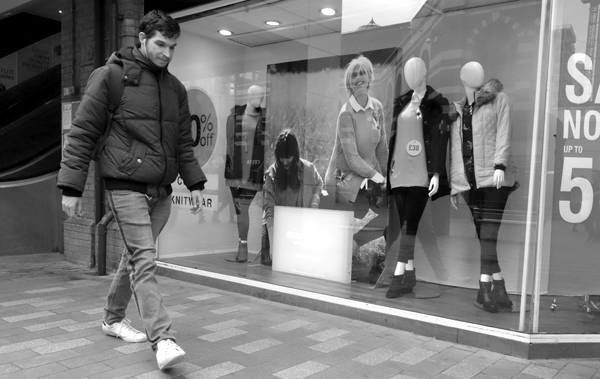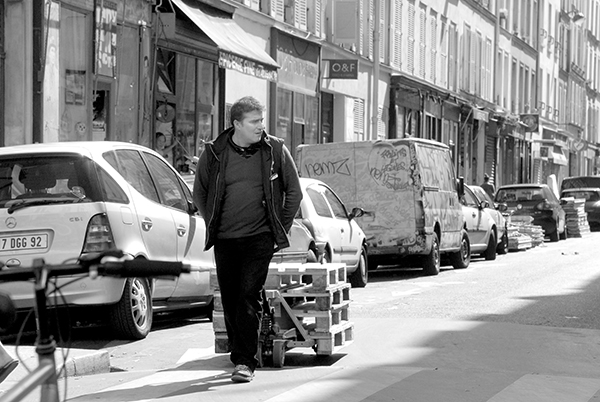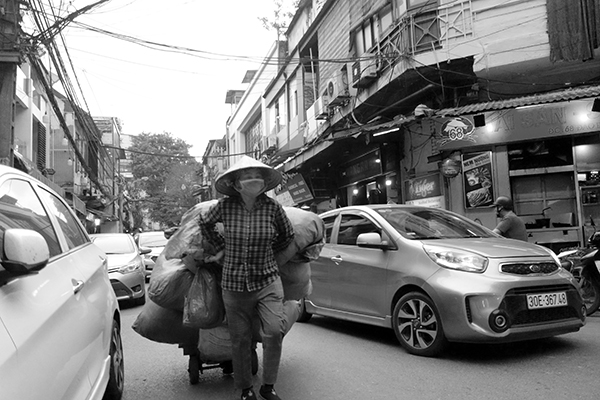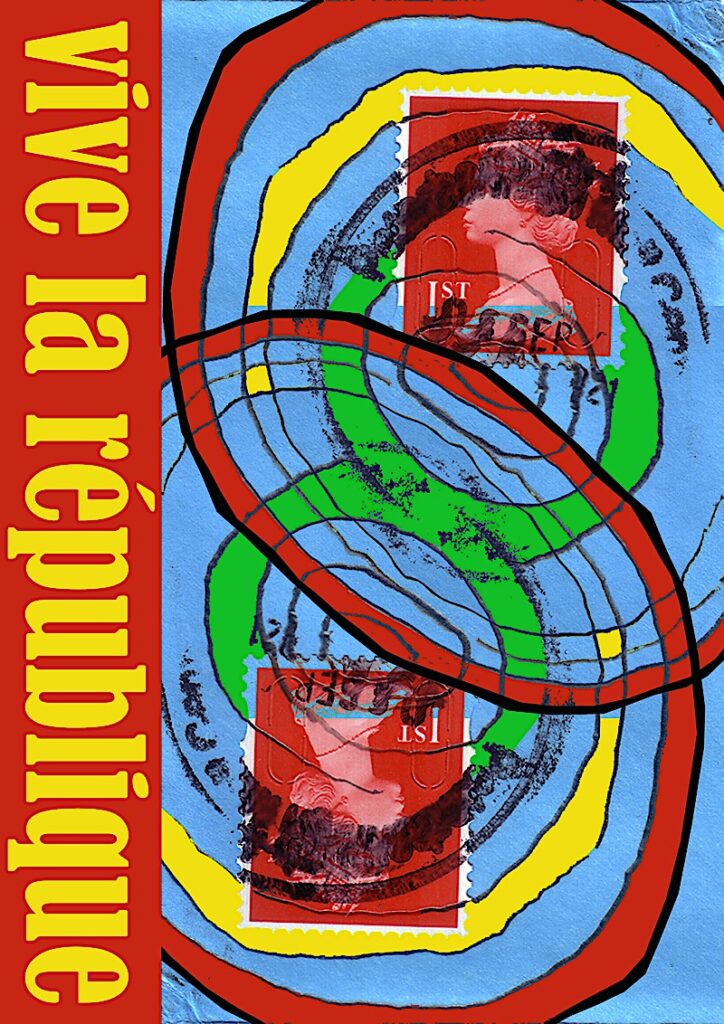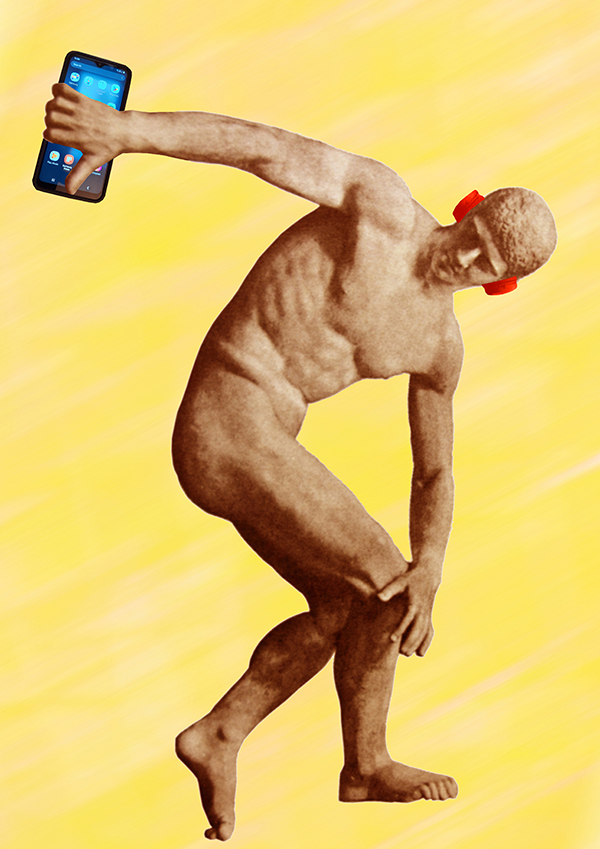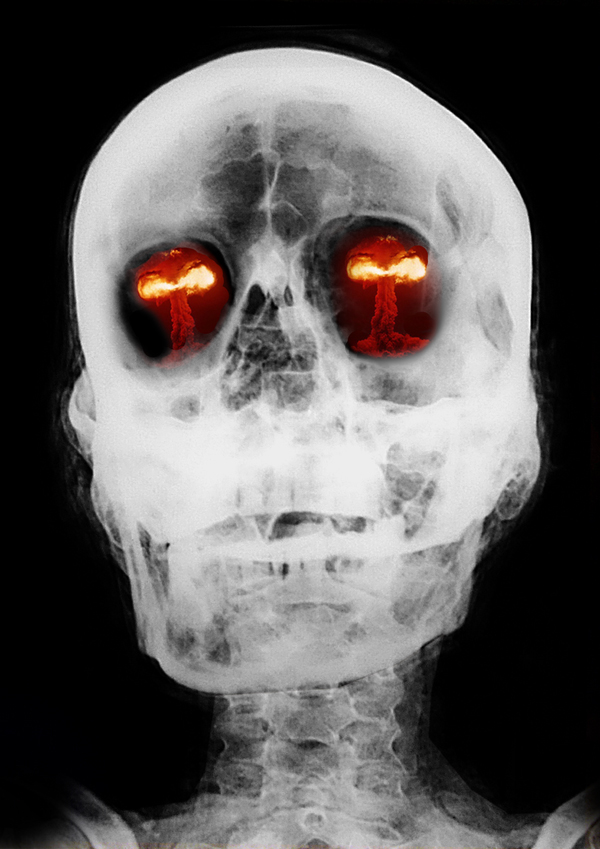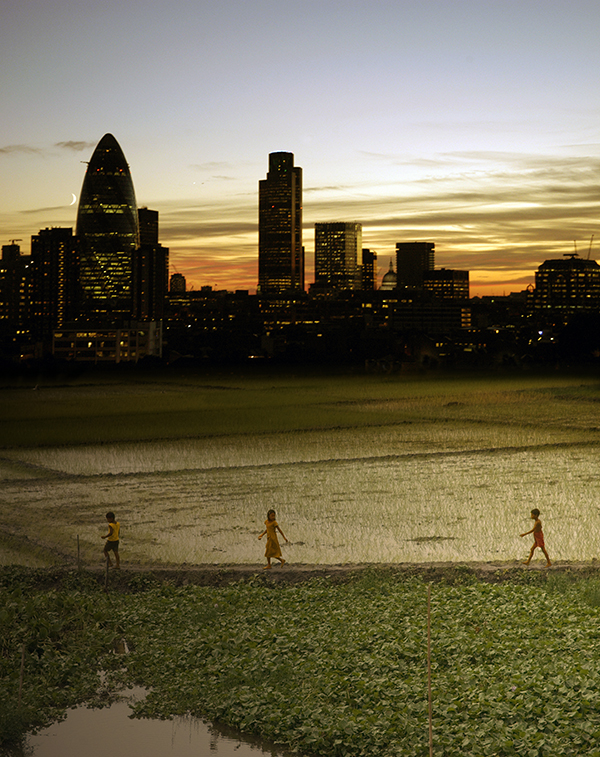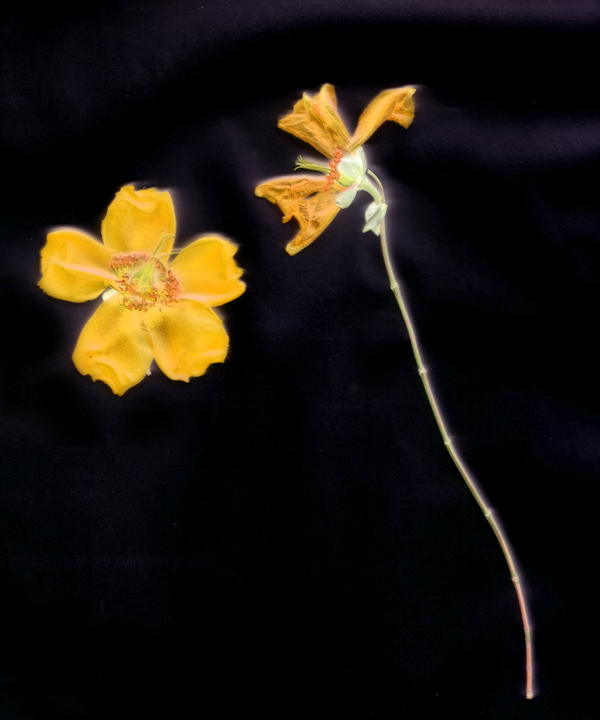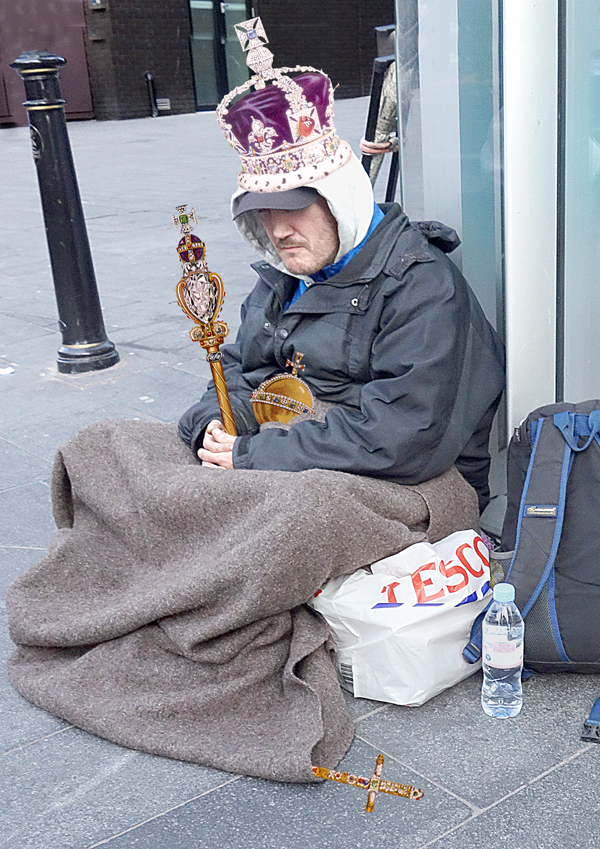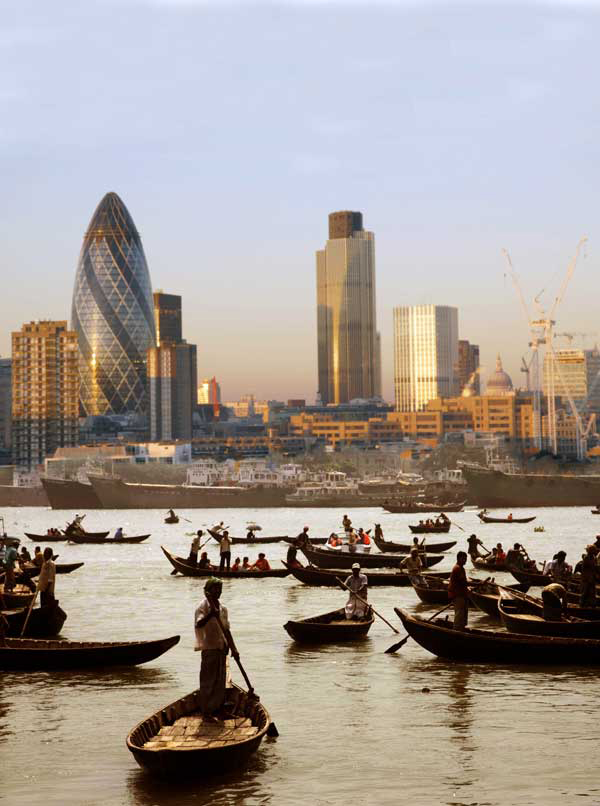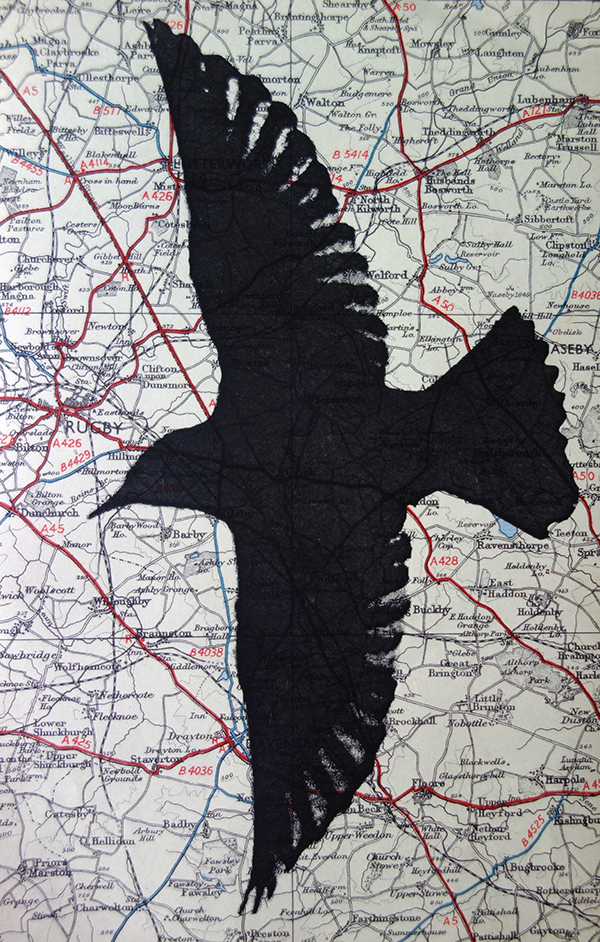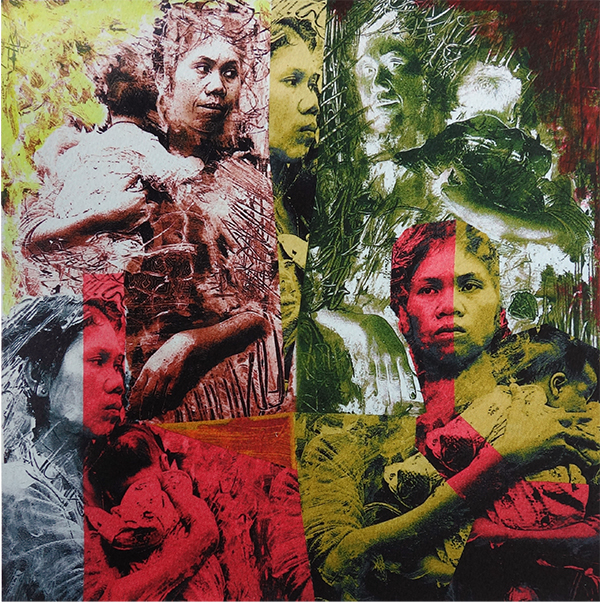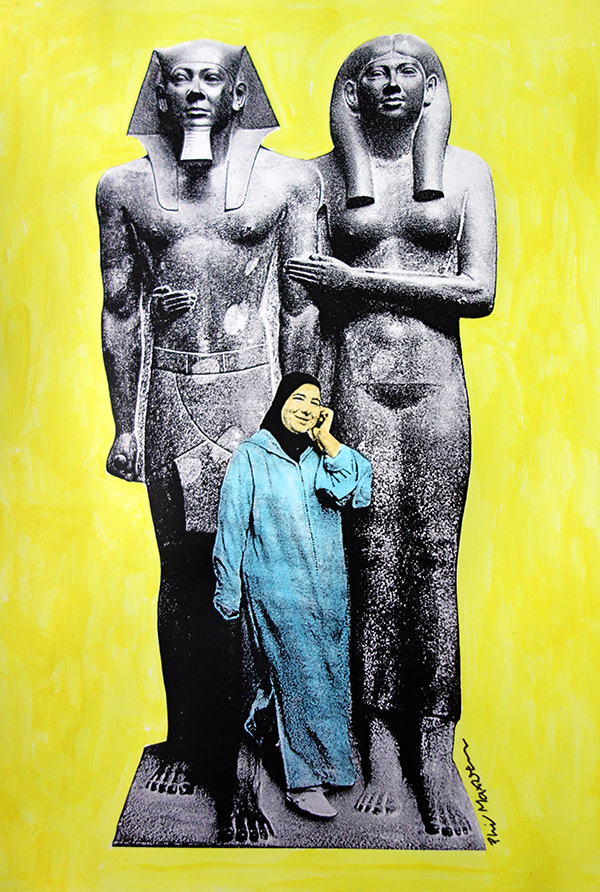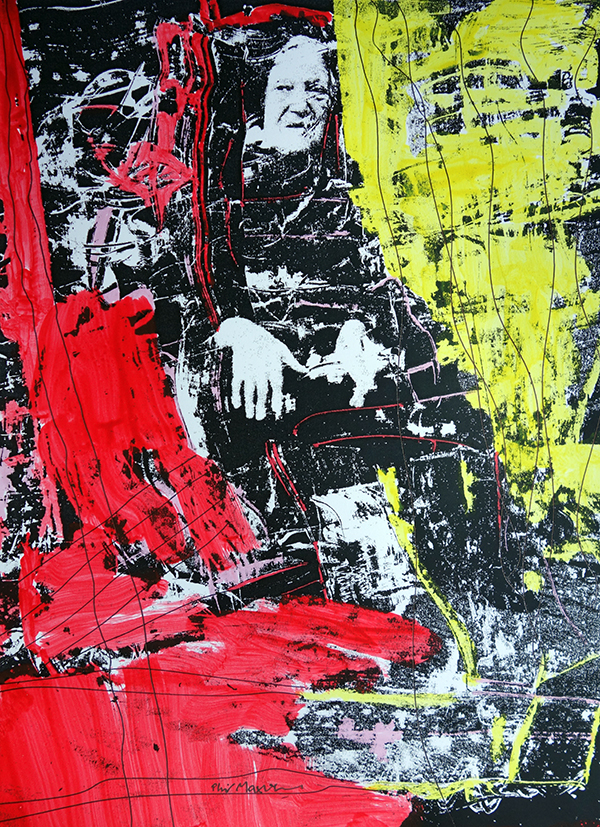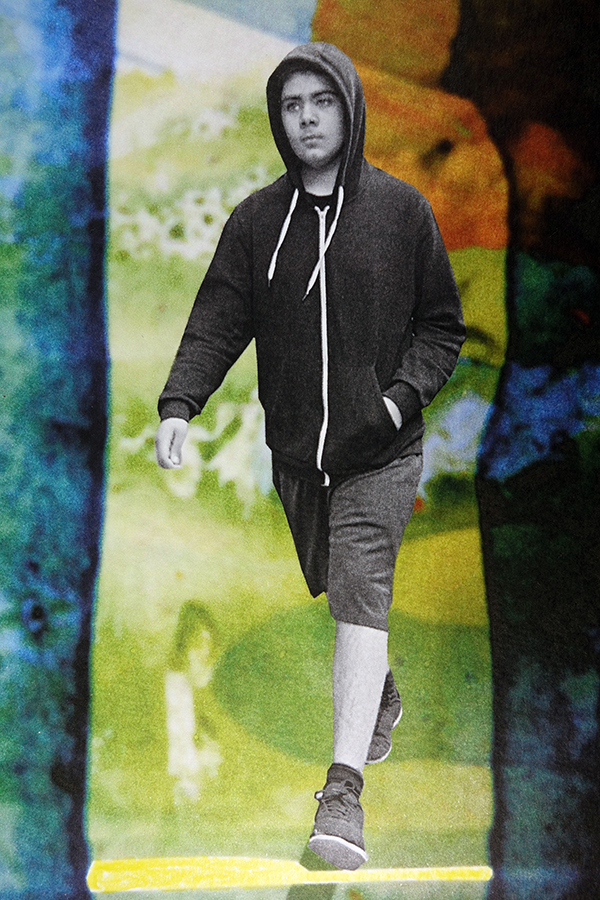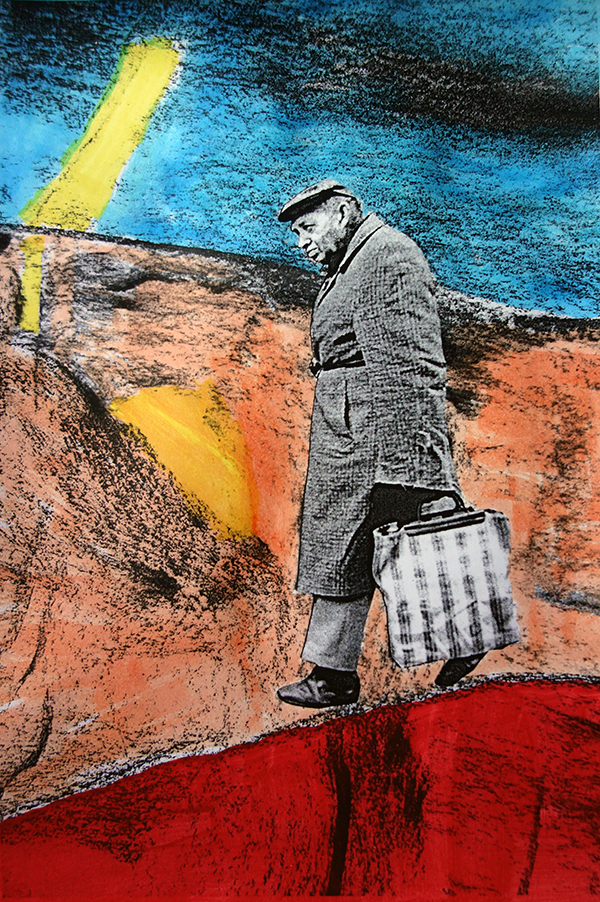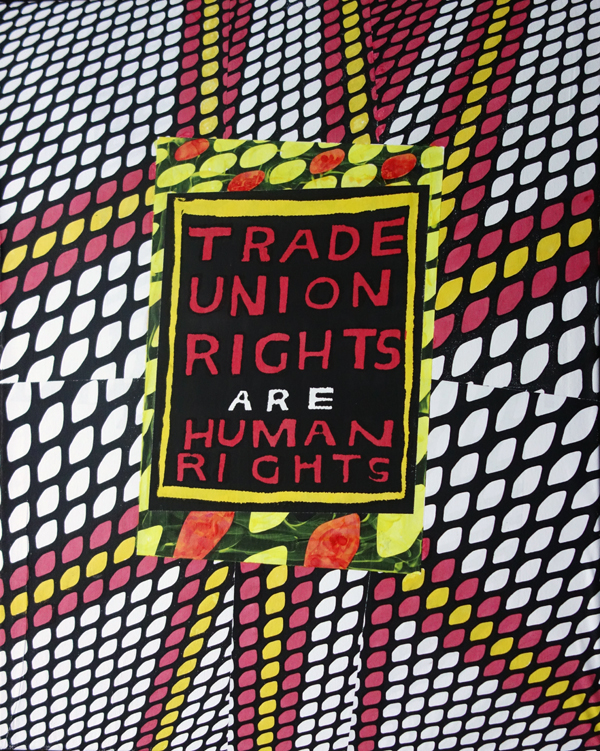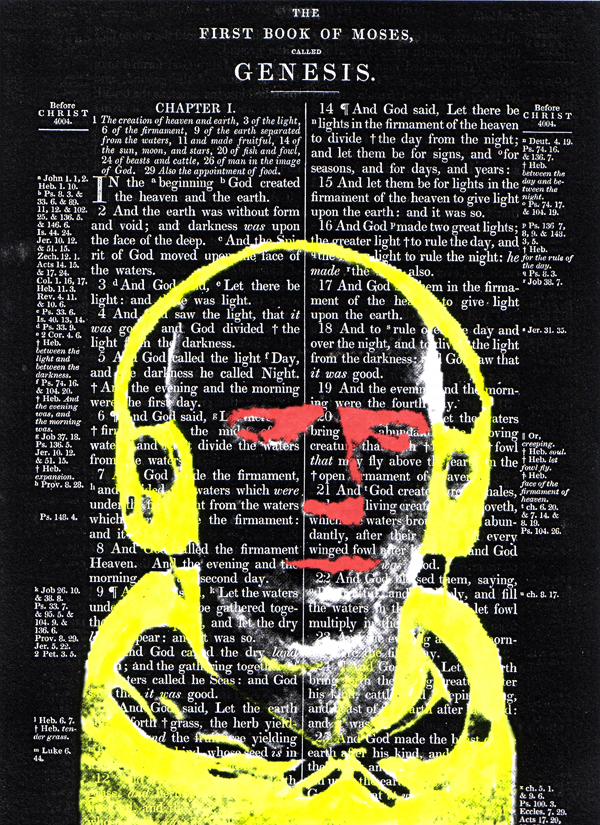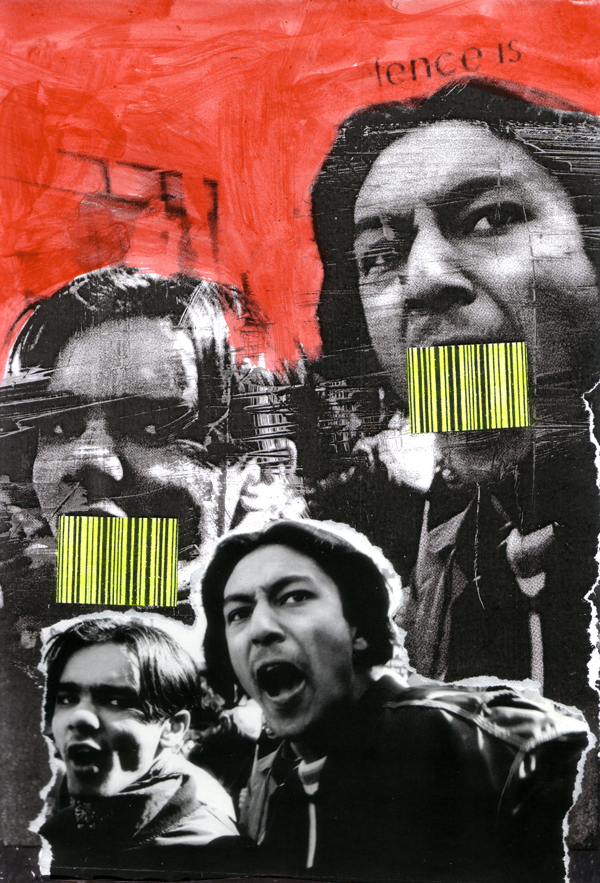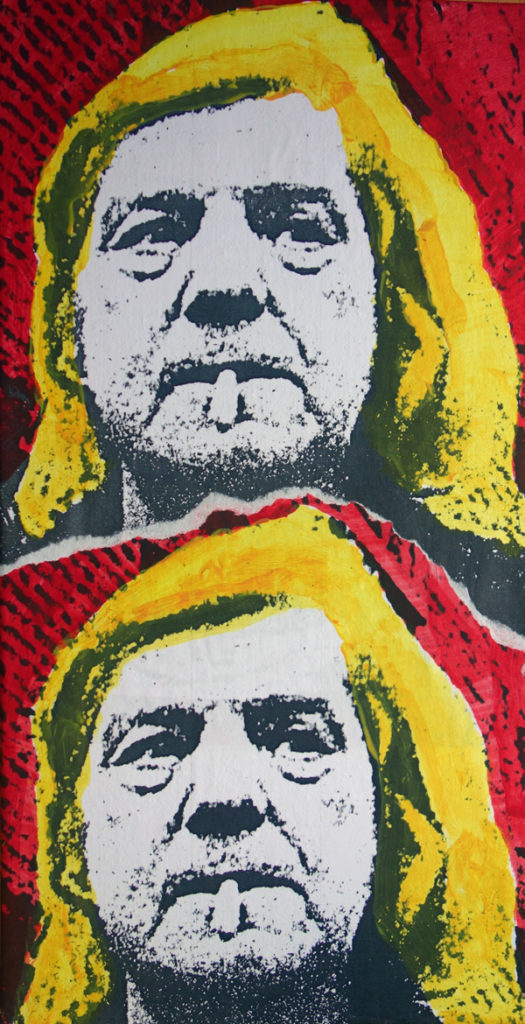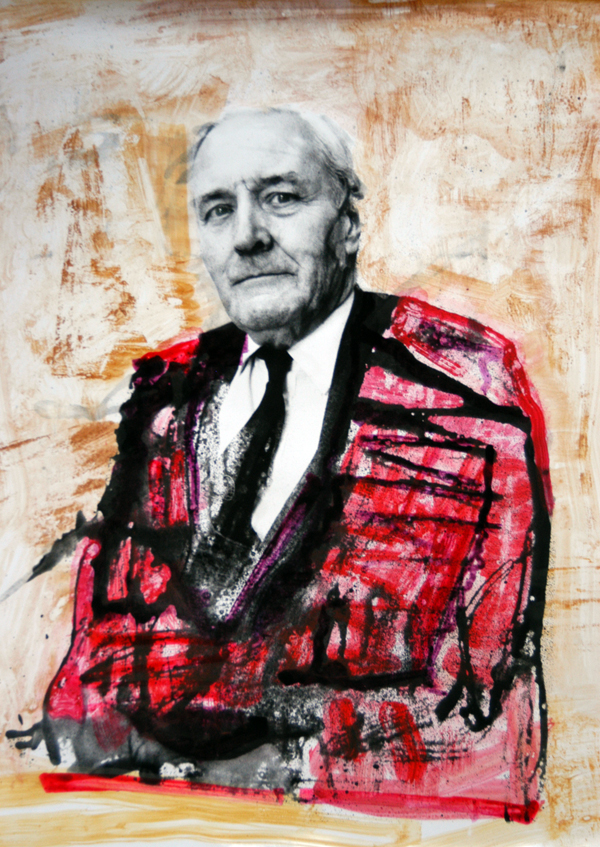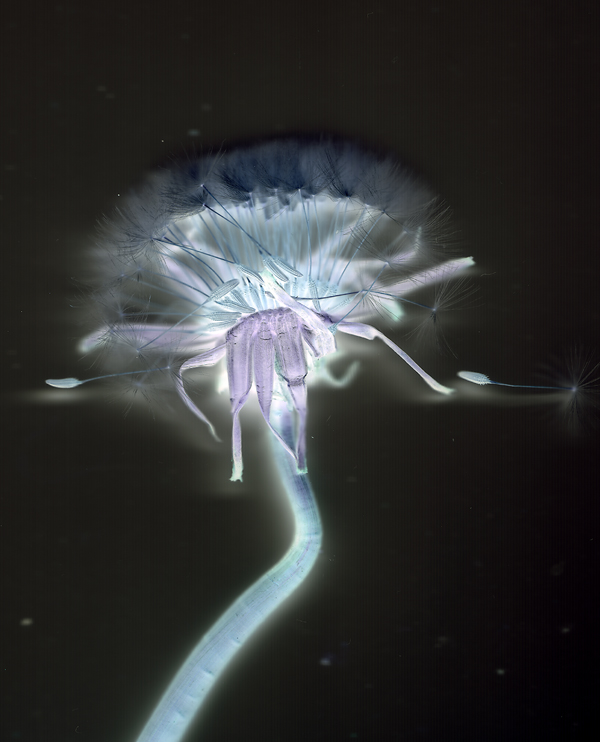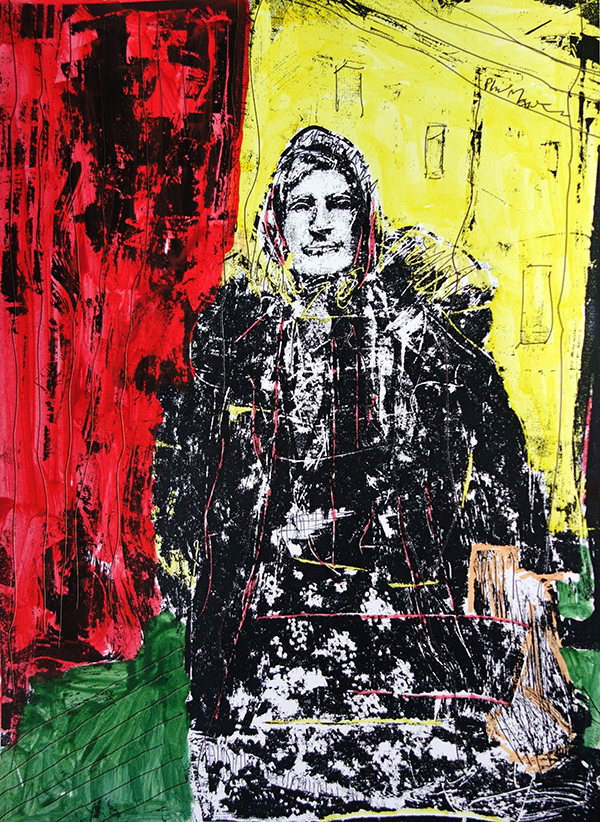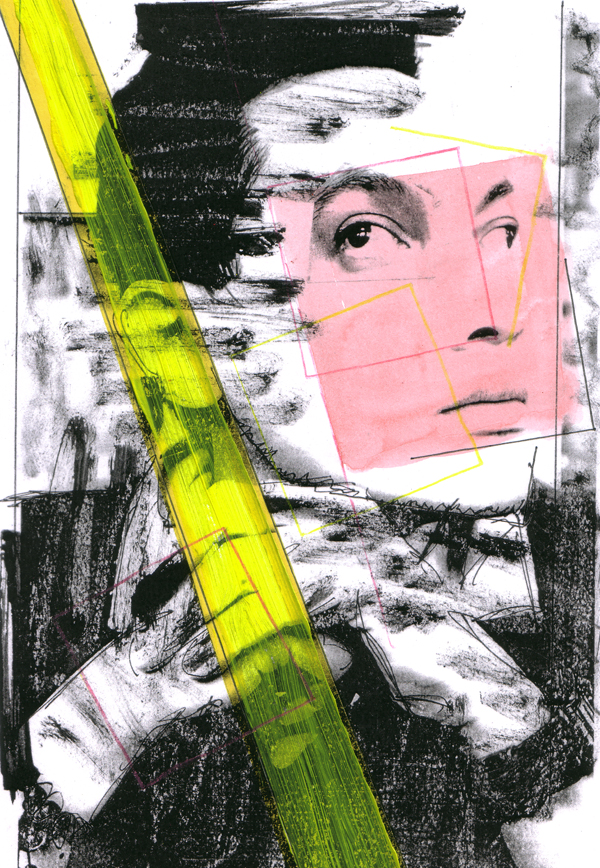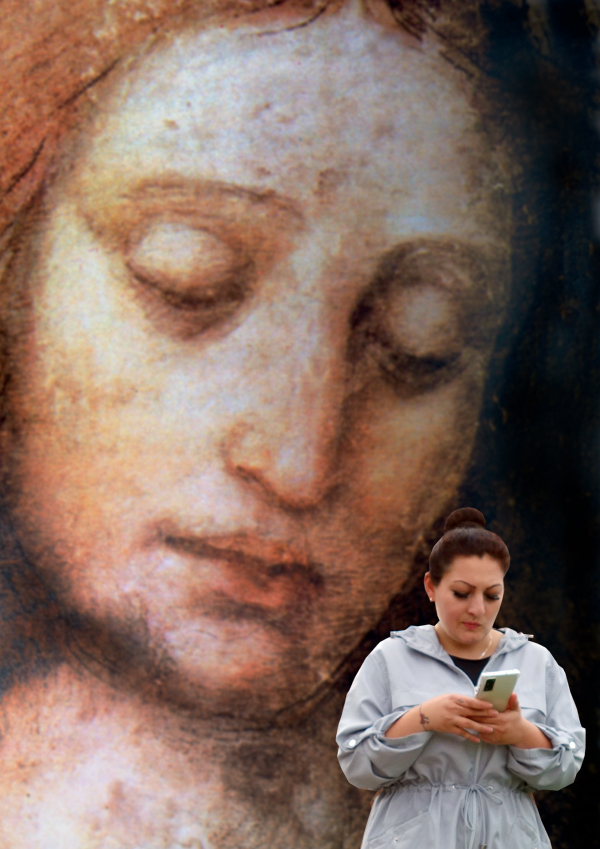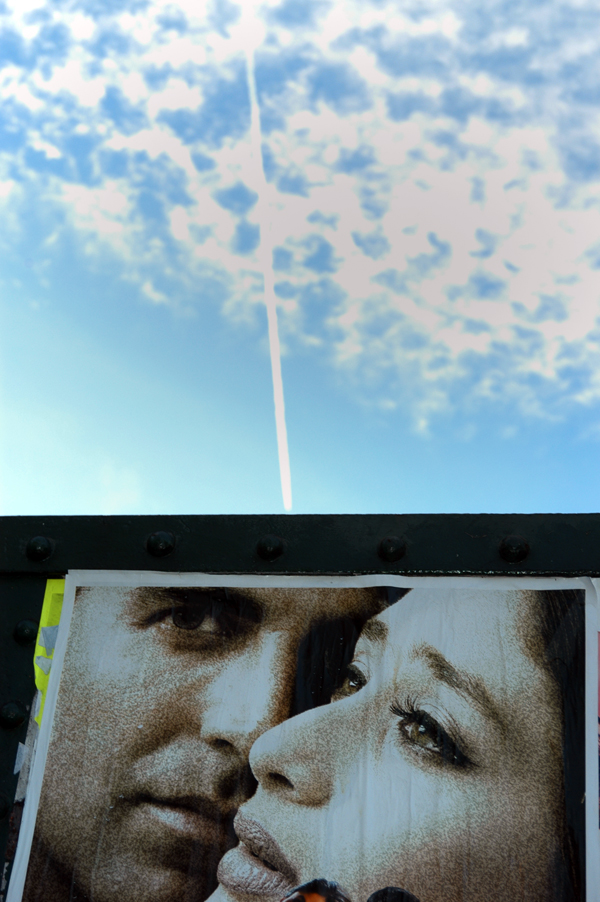World Streets (41)
To book a free studio and gallery visit to see Phil Maxwell’s work leave your contact details on the comment section below and we will be in touch.
World Streets (40)
To book a free studio and gallery visit to see Phil Maxwell’s work leave your contact details on the comment section below and we will be in touch.
Woman With A Cathode Ray Tube & Camera
In the 1960s, when public libraries were plentiful, I would spend hours at the central reference library in Coventry looking through service manuals for electrical appliances. I was fascinated by how Radios, TVs and tape recorders worked and I would bury my head into manuals containing circuit diagrams. On reflection I don’t think I was any the wiser regarding the science behind the appliances we all took for granted but I was drawn to the circuit diagrams and illustrations that were a guide to engineers who used to repair equipment before the era where everything was just thrown away and replaced with an ‘improved’ model. Probably the diagrams resonated with the technical drawing I was studying and attempting to do at school at the time.
I recently discovered a book – ‘Radio and TV Servicing 1970-71 Models’ at a nearby charity shop. It immediately pulled me back to my youth and my attraction to circuit diagrams. The 50p I paid for the book was the cheapest nostalgia trip I’ve experienced. Now I understand I was drawn to the strange beauty of the diagrams because they also reminded me of road maps and the mysterious inscriptions on ancient Egyptian monuments, tombs and buildings. I immediately went to work in incorporating the diagrams into some artwork.
The woman with the trolley bag is embellished with a major invention during her life time: the cathode ray tube to which which I’ve added the lens of an early 20th century camera (which preceded television). The short time, in historic terms, of the existence of beguiling electrical diagrams with valves and other pre miniaturised cicuitry hardly competes with the power of ancient Egyptian iconagraphy but it still has a visual allure which deserves the interest of artists.
World Streets (39)
International Women’s Day 2024
Today is International Women’s day. These photographs celebrate women the world over. I hope they challenge the idea that progress is largely brought about by men. We still have a long way to go before injustice based purely on a persons sex is eradicated. This year’s global theme, ‘Women in the Changing World of Work’, celebrates the achievements of women in the workforce and draws attention to the impact of changes in the world of work on women, both in terms of opportunities, as well as growing concerns such as the informality of labour and instability of livelihoods and income. By unlocking the full potential of women in the world of work, we can strive towards ending poverty, promoting inclusive and sustainable economic growth, reducing inequalities within and between countries, and achievement gender equality and empowerment of all women and girls. “Women’s freedom is the sign of social freedom.” – Rosa Luxemburg.
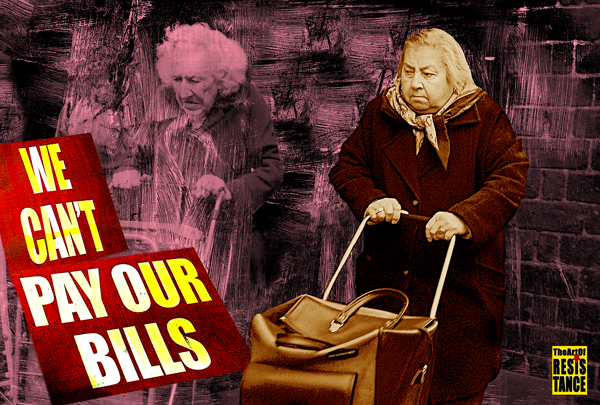
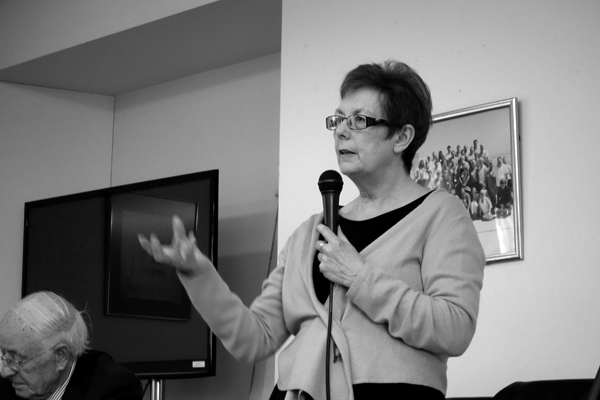
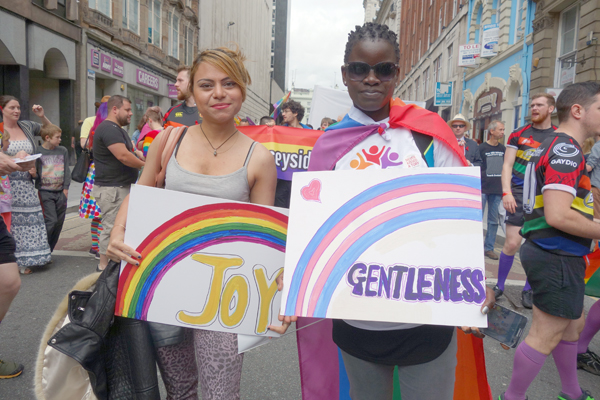
To book a free studio and gallery visit to see Phil Maxwell’s work leave your contact details on the comment section below and we will be in touch.
Happy On Brick Lane
The woman depicted in this piece was a frequent visitor on Brick Lane in the early 1980s. She fascinated me because she always seemed to be in a world of her own and was very generous with her smiles. If she spoke it was usually to herself. I’ve attempted to show her in the alternative universe she seemed to inhabit.
To book a free studio and gallery visit to see Phil Maxwell’s work leave your contact details on the comment section below and we will be in touch.
World Streets (38)
To book a free studio and gallery visit to see Phil Maxwell’s work leave your contact details on the comment section below and we will be in touch.
